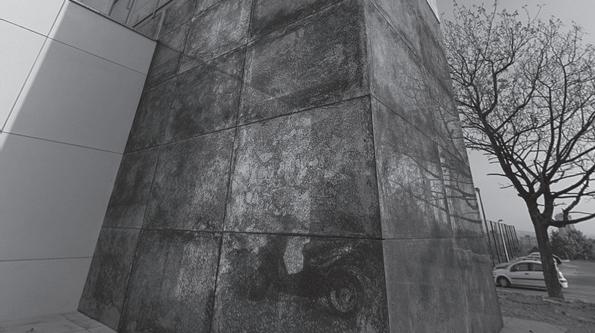FOCUS ON ARCHITECTURE







Faculty










The aim of this brochure is to provide a useful introduction to the Faculty of Engineering and Information Technology (FEIT) of the 650 year old University of Pécs (UP) in Hungary.
As one of the largest and most vibrant institutions of technical higher education in Hungary, we adhere to a contemporary approach towards an internationally recognized education. Our objective is to provide a flexible and high-quality education producing specialists in the field of architecture, who can meet the demands of the technical, cultural, artistic, and social transformations taking place in 21 st century European society.
Our curriculum was created with continuous consultation of international architectural associations with the aim of producing flexible and high-quality studies. We offer programmes which are accredited both nationally and internationally and most of our lecturers have international experience. We also offer language courses at the Faculty. Exchange programmes are also available for our students to study at one of our partner institutes within the framework of Erasmus or Study Abroad programmes, and regularly participate in international workshops and exhibitions. We have established grants and scholarships that are available for our most talented students, those who are especially gifted in research, support, communication, or academic studies.
Our university buildings and facilities are on par with European standards. We work through student projects step by step. We encourage students to develop their individual creative skills.
We invite you to find out more about our Architecture programmes and academic profile. Let’s meet in Pécs!
Sincerely,
Prof. Dr. habil Gabriella MEDVEGY Dean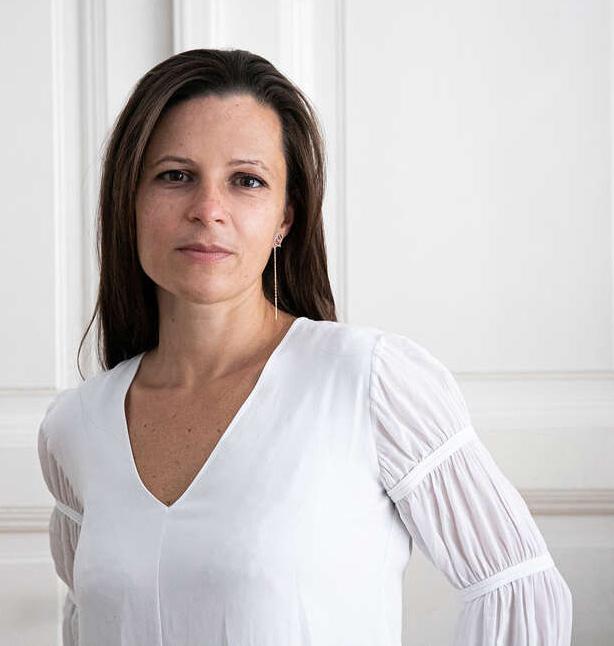

Making a choice of career is an important and defining turning point in the lives of both parents and their children.
Some young people think for months or even years about what profession to choose and where to continue their studies. Others, on the other hand, first encounter this issue when they have to decide what steps to take next in their life. Answering the following questions then become inevitable: Which profession is suitable for me? What major do I want to specialize in? At which university? How do I imagine my future? In which profession can I be successful? What kind of job fits me? What are the criteria for choosing the right school? How do I make the right decision?
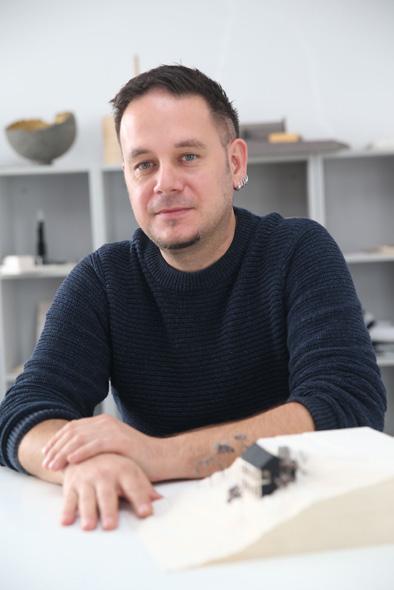
The majority of young people often choose a career based on external in fl uences, examples from parents, acquaintances and images provided by the media, however, making a good decision should be based on self-knowledge, because over the long run only internal motivation and a high level of interest provides the satisfaction to keep people working. Ideally, the prospective student makes their further education decisions based on their own abilities and self-knowledge, and in accordance with the requirements of the given profession. If we are aware of our personal strengths and weaknesses, it can help us to achieve our goals and enable us to make important decisions. When looking at our personal qualities, what we are interested in and a sound knowledge of our abilities is especially important in choosing a career. Our areas of interest in fl uences which activities we enjoy, and which activities are less appealing. Choosing an occupation that best suits our interests allows us to do work that suits us, in which we can perform consistently at a high level. Assessing our abilities and skills shows which strengths we can build on and which skills require further development. If we can make effective use of our strengths in our chosen profession, we can produce successful, productive professional work. While bearing this in mind, it is also important to recognize that the abilities and skills required for a given profession can be further developed through practice.
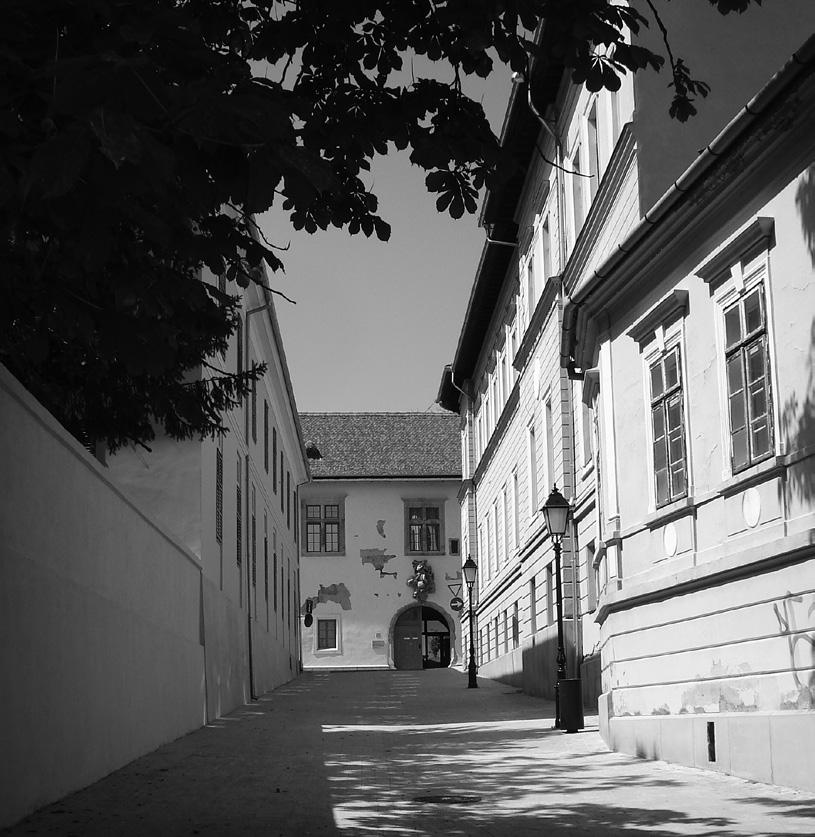

A prerequisite for a good career choice is career knowledge, which means knowledge of the most essential requirements of each career, so that the ability, knowledge, and the chosen career can be matched. Knowledge of the job market is also decisive, that means, recognizing the dynamics of labour demand and supply is essential, not only in the first career choice, but throughout our lives, as we may need to further adapt to changes in demands and needs over time. There are occupations that require a greater level of knowledge than others, and in addition to personal motivation, it is worth considering how many professionals are needed in a given profession. All of this can in fl uence our decisions, as it is not worth thinking about a career in which we will have a difficult time finding a job later.
When choosing a career, it is important to be aware that building a career is not just the result of a one-time decision, but the recognition of continuous opportunities and how to best adapt to these opportunities.
Uncertainty about which educational institution and career to choose is often caused by a lack of information. This publication provides young people with a real, objective or even artistic viewpoint in their career choice, to draw their attention to the varied and colourful range of study programmes offered by our institution.
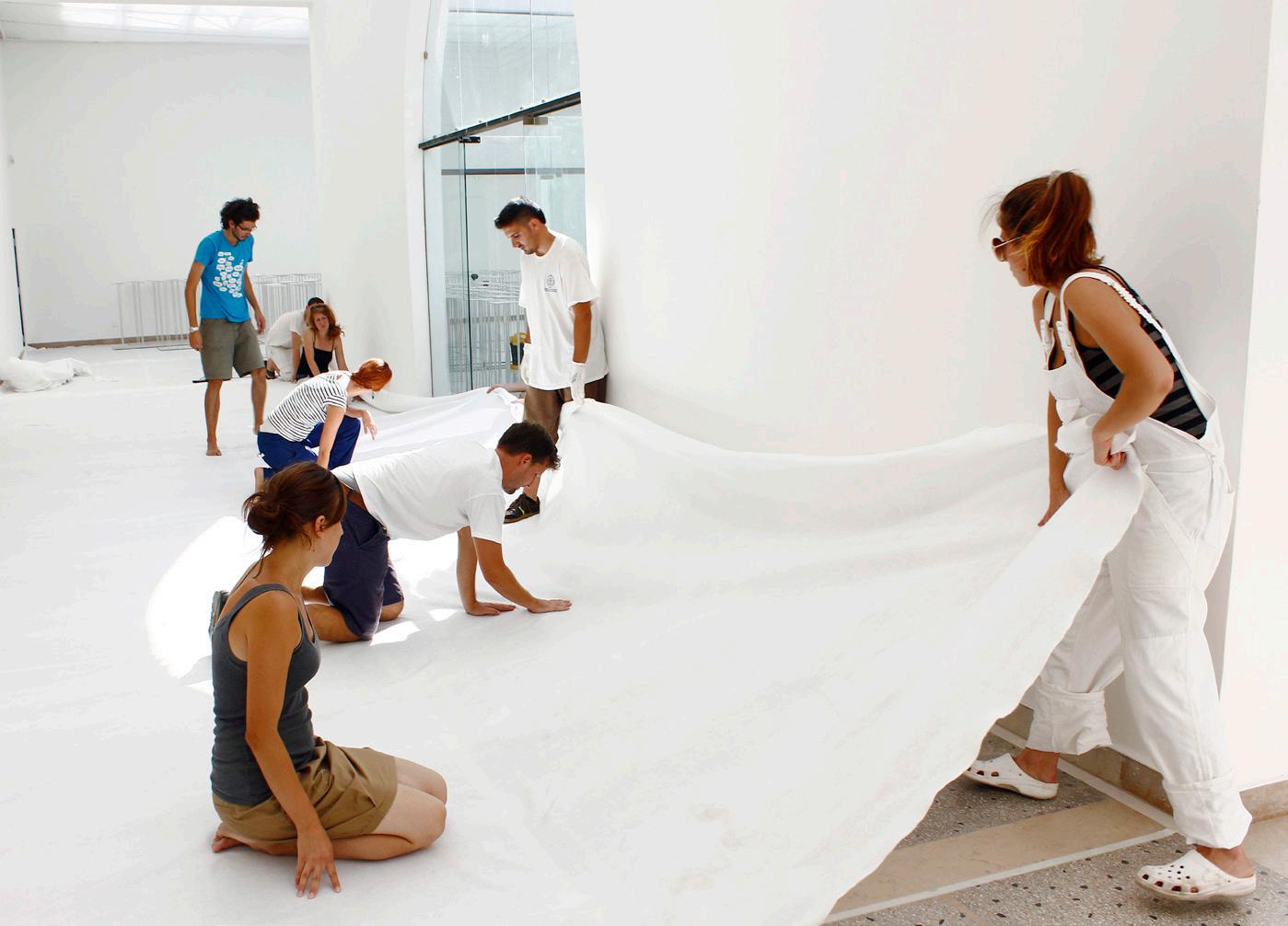
We spend 80-90% of our lives in buildings, which means that architecture has a signi ficant impact on our everyday lives. The aesthetic, technological quality and sustainability of these buildings and creating a healthy built environment pose constant challenges. In addition, the correct protection, preservation, and where appropriate, reuse of our built heritage is also vitally important.
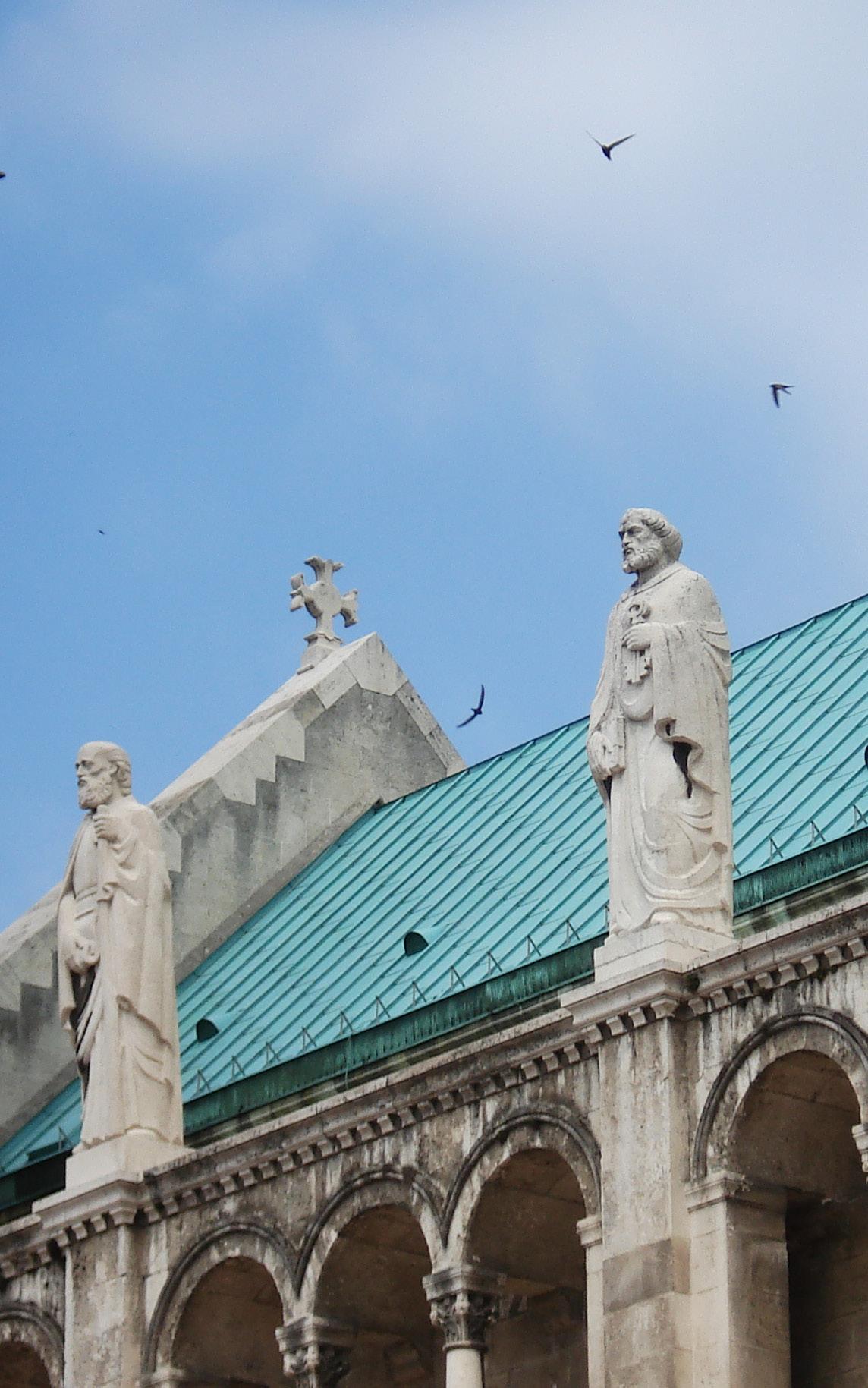
We want to reach young people who are interested in architecture, the joy of creation, protecting and making our built environment more sustainable, creating healthy living and working spaces, and facing engineering challenges who want to make an important contribution to our future.
Our students can fully realize these dreams! In our institution, the growth of the future generation of architects is ensured by both the infrastructure and resources available, as well as in the “grey matter” and our innovative educational methods.
I hope to see you soon,
Dr. habil Donát RÉTFALVI Head of the Institute of Architecture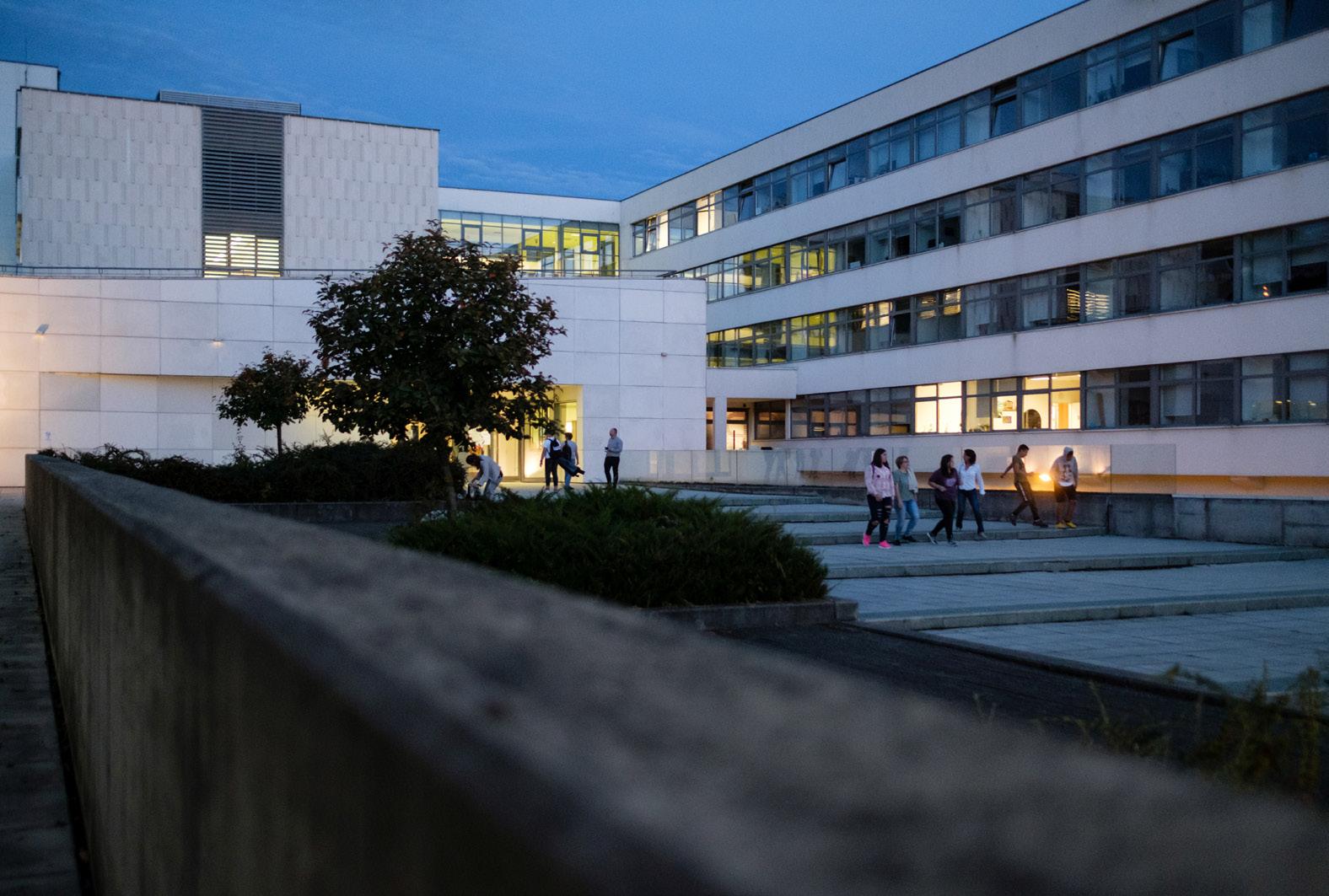
Pécs is the fifth largest city in Hungary, with a population of around 150,000. Lying in the south of Transdanubia, close to the Croation boder, it has a mild, almost Mediterranean climate. Its history dates back over 2,000 years, and the name of the old Roman town, “Sopianae” is still found in the names of institutions and products.
The University of Pécs is the biggest higher educational institution in the region, and one of the oldest in Europe: it was established in 1367. With its ten faculties, the University of Pécs plays a significant role in Hungarian higher education, offering a broad range of training and degree programmes, ensuring high-level knowledge-transfer and research. We have numerous internationally recognised programmes, and over 20,000 currently enrolled students, including 4,500 international students.
reasons
choose
years of tradition
degree
University
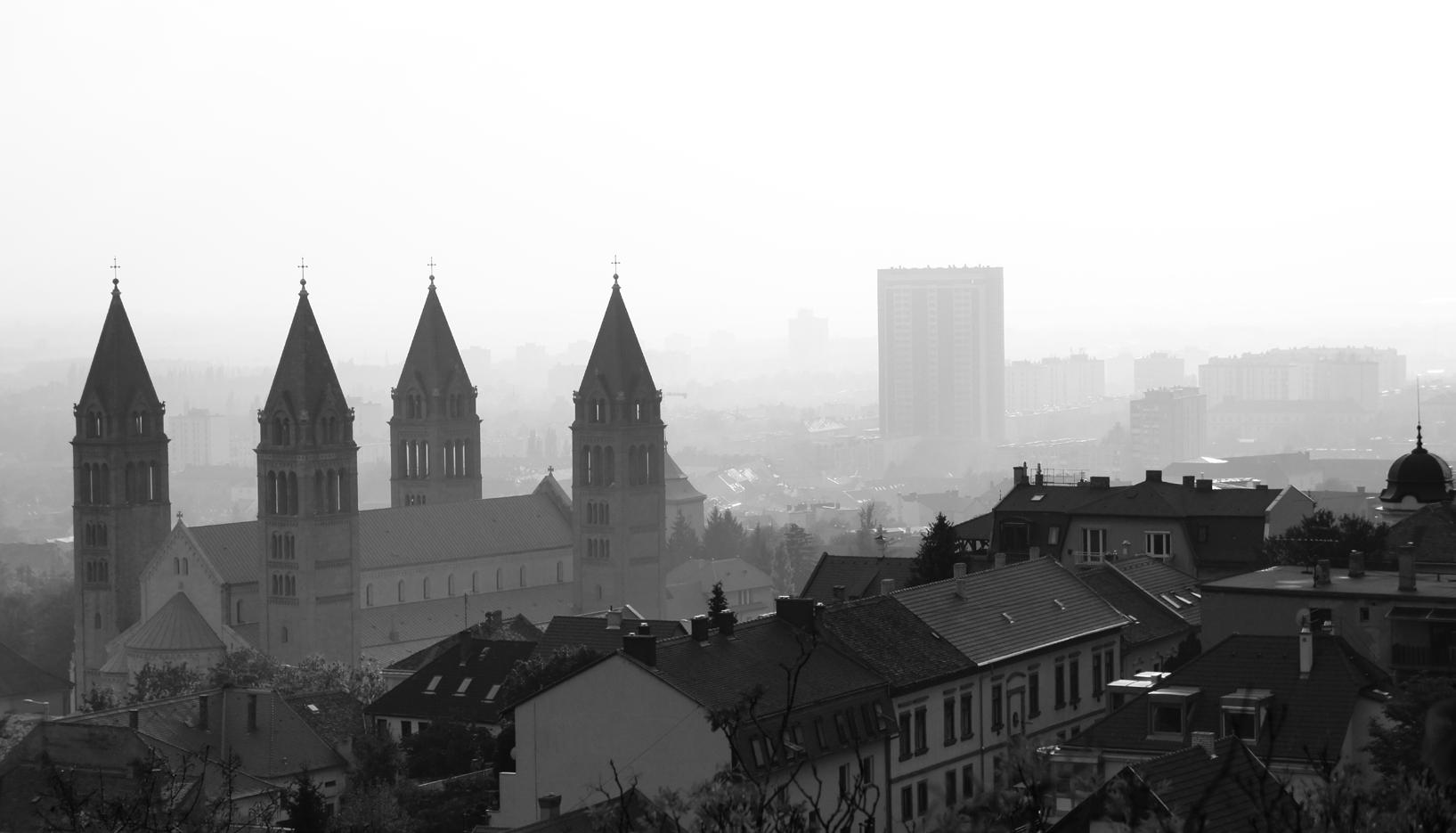
quality of teaching
student
Pécs:
The Faculty of Engineering and Information Technology of the University of Pécs is one of the largest and most vibrant institutions of technical higher education in Hungary with thousands of students and more than 50 years of experience.
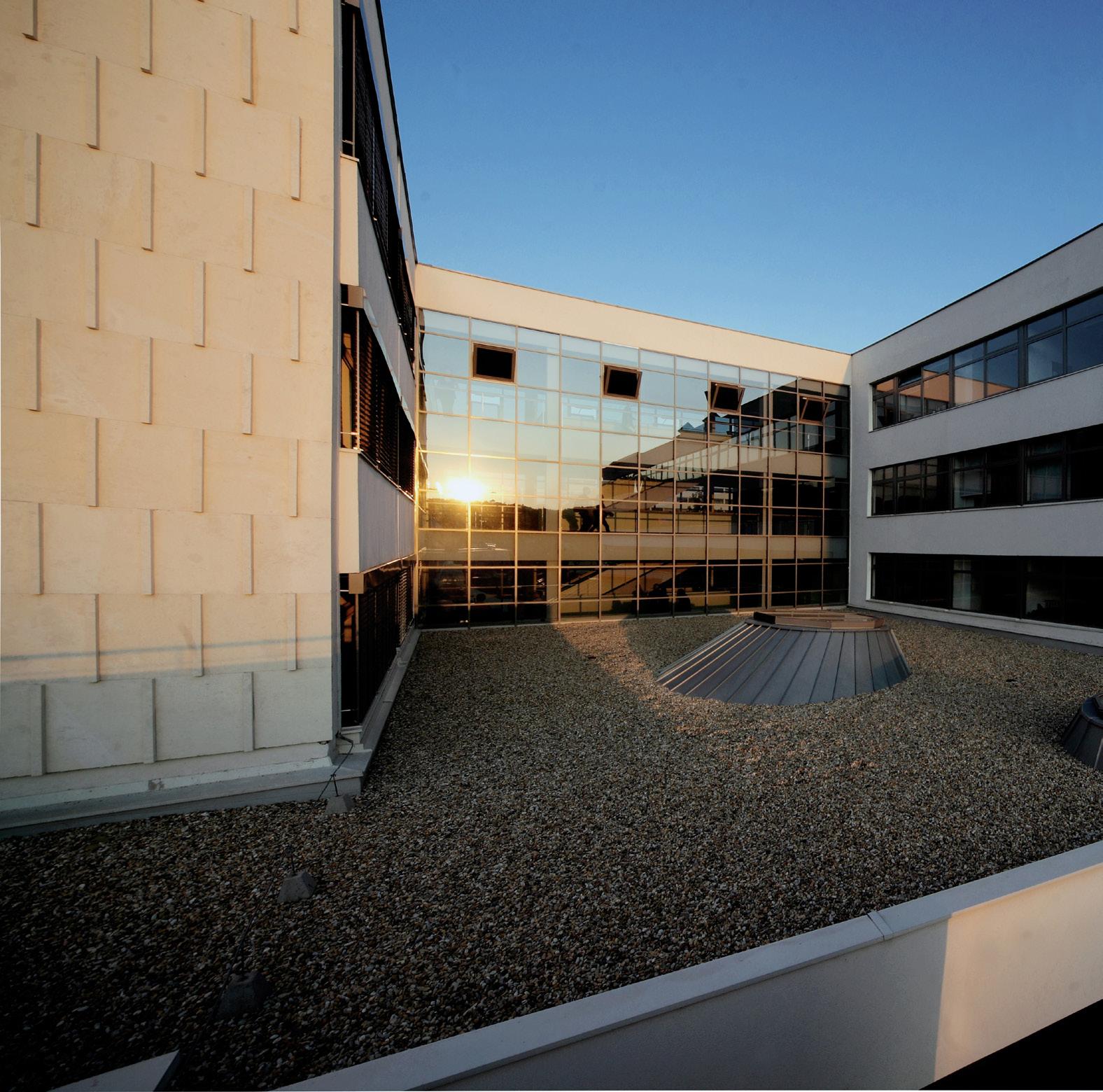
In addition, it is the education citadel of engineering of the SouthTransdanubian region and one of the most influential centres of our country’s engineering life. We offer courses which ful fi l the actual needs of the labour market and endeavour to equip our students with skills essential to find a job and practice their profession. Our courses focus on developing those personal characteristics which enable our graduating students to hold leading positions in their chosen profession.
The 8 basic training programmes cover technical, artistic and information technology related fields of study in the following branches: architecture, civil engineering, environmental engineering, electrical engineering,
7 reasons to choose our Faculty:
» Regional centre of higher education in the field of technology
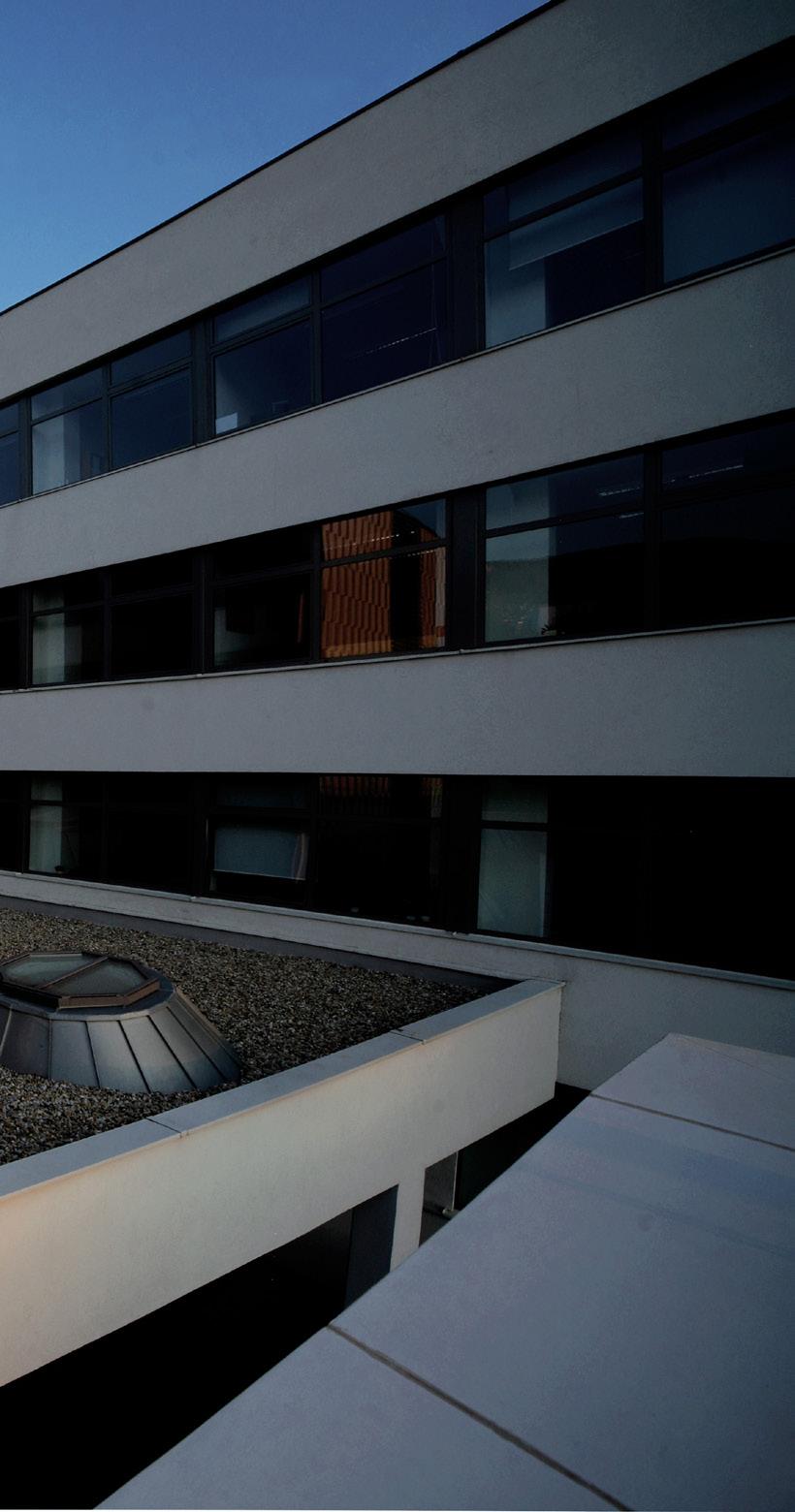
Practice oriented teaching
International partnerships from Denver to Shanghai
Variety of scholarships
The greenest campus at University of Pécs
Vibrant student life
Most colourful institution in technical higher education
computer science engineering and architectural design. We also offer higher-level vocational training for creating television productions which is also popular. Our students can choose from 10 master degree programmes mainly in the fields of architecture, architectural design, civil engineering, computer science engineering and biomedical engineering.
Our objective is to shape professionals who have harmonious and wellbalanced characters, who are aware of their own strengths and weaknesses, and who can express themselves effectively. We aim to strengthen students’ ability to think critically while being open, tolerant, and empathetic to new ideas and showing a commitment to their profession.
The Architecture programmes are offered by the Institute of Architecture. The Institute includes the Department of Architecture and Urban Planning, the Department of Building Structures and Energy Design, the Department of Interior, Applied and Creative Design, and the Department of Visual Studies. All courses in the Architecture programmes are conducted in English. Our mission is not only to impart knowledge to students about structures, materials, or planning, but also to open their eyes to key issues like interdisciplinarity, solidarity, sustainability, high-design, theoretical thinking and a devotion to the built environment.
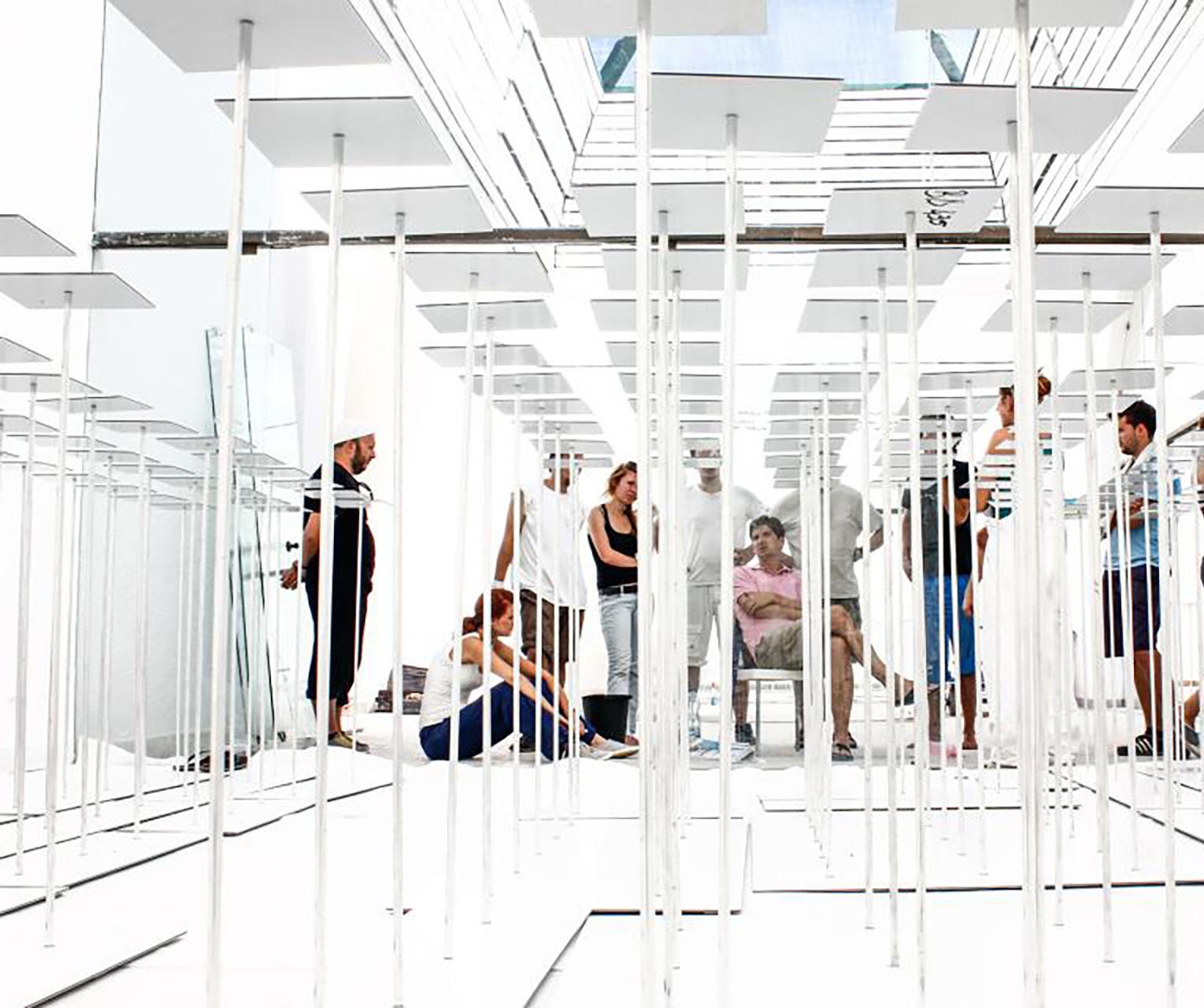
Our strength lies in our teaching methods; firstrate teaching in small classes combined with individual student tutoring – trying to recreate an architectural enterprise on a natural scale. Most of the courses are taught in small groups and the best students are invited by lecturers to personally take part in their projects so that they can gain practical experience. The school uses teaching methods similar to the internationally renowned Bauhaus School: searching for connections with practical life, crafts and liberal arts. Bauhaus masters born in Pécs include Marcel Breuer, Farkas Molnár and Alfréd Forbát.
Our programmes train students to apply their complex knowledge in the areas of architecture and urban planning, as well as in the multi-faceted field of environment formation in general (architectural design, urban and rural planning, preservation of built heritage, BIM, well-being, solidary architecture, vernacular architecture, parametric design, eco-design, sustainable design, structural design, construction work, management and administration tasks, consulting with authorities, teaching, etc.) It revives and rede fines the relationship between architecture and its co-arts.

In addition to engineering disciplines, there has been a strong emphasis on areas of the arts, including the classical branches of fine arts and applied arts. This strong artistic approach, the small group sessions with the students, have created an architectural direction that takes into account the needs of human nature and strives to create liveable, close-to-human architecture. An essential tool for this approach is the presence of the co-arts .
We know the architecture of the past. We understand contemporary architecture. We work with the architects of the future. We believe in recycling! We appreciate the natural environment!

Architectural Art
Architectural Engineering (HU/EN)
Civil Engineering (HU/EN)
Computer Science Engineering (HU/EN)
Electrical Engineering (HU/EN)
Environmental Engineering
Industrial Design Engineering
Mechanical Engineering
Engineer Assistant – Aircraft Pilot Specialization (EN)
Architectural Art
Architectural Engineering (HU/EN)
Structural Engineering (HU/EN)
Computer Science Engineering (HU/EN)
Architecture OTM – One-tier Master – 10 Semesters (HU/EN)
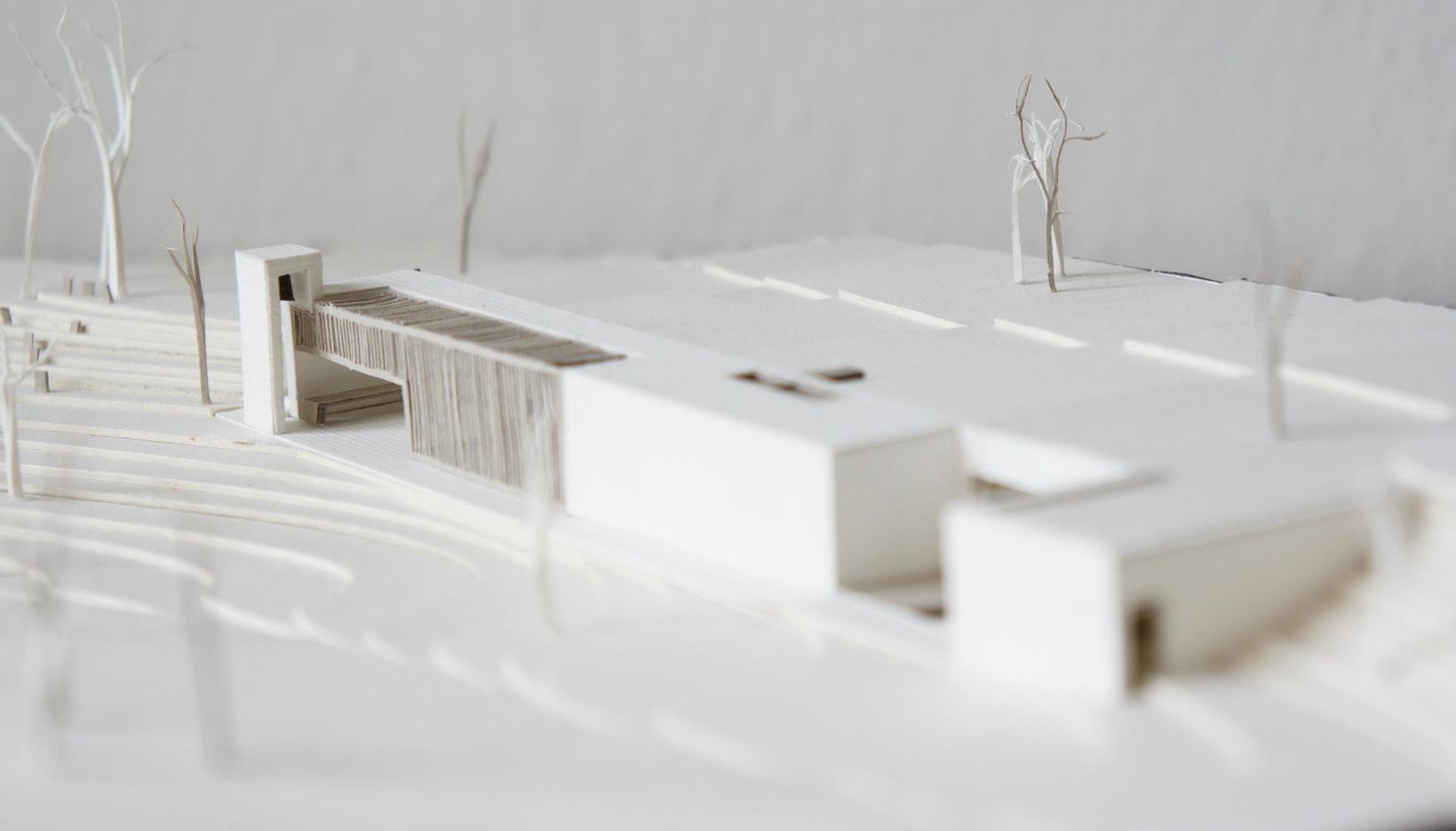
Biomedical Engineering (EN)
Interior and Spatial Design (HU/EN) Urban System Engineer
DLA in Architecture (HU/EN)
PhD in Architectural Engineering (HU/EN)


This programme covers engineering design, structures, and construction management. Education takes place in cooperation with other design and engineering professionals. Students are expected to have good visual skills, a grasp of mathematics and the history of architecture. The programme focuses on the responsibility of the architect in building design, the detailed development of building systems and teamwork.
This degree course aims to give students a clear understanding of the key contexts of architecture and the built environment, the design relationships among people, architectural space, and the environment – through live projects and contemporary situations. It comprises of lectures, workshops, and studio design work.

The Institute of Architecture has contacts with a vibrant national and international community made up of leading architects and related researchers. Students will engage in perspective projection, drawing, computer graphic design and model building. Graduate students can further develop their architectural skills at a master level at our faculty. This programme trains students to apply basic knowledge in the areas of architectural constructional work and planning, as well as in management and administration tasks, consulting with authorities etc.
The programme combines individual creativity with a knowledge of technical skills, analysis of design problems, development of communication techniques, which facilitate students in expanding their creative skills in designing interiors or buildings in the context of environmental design and architecture.
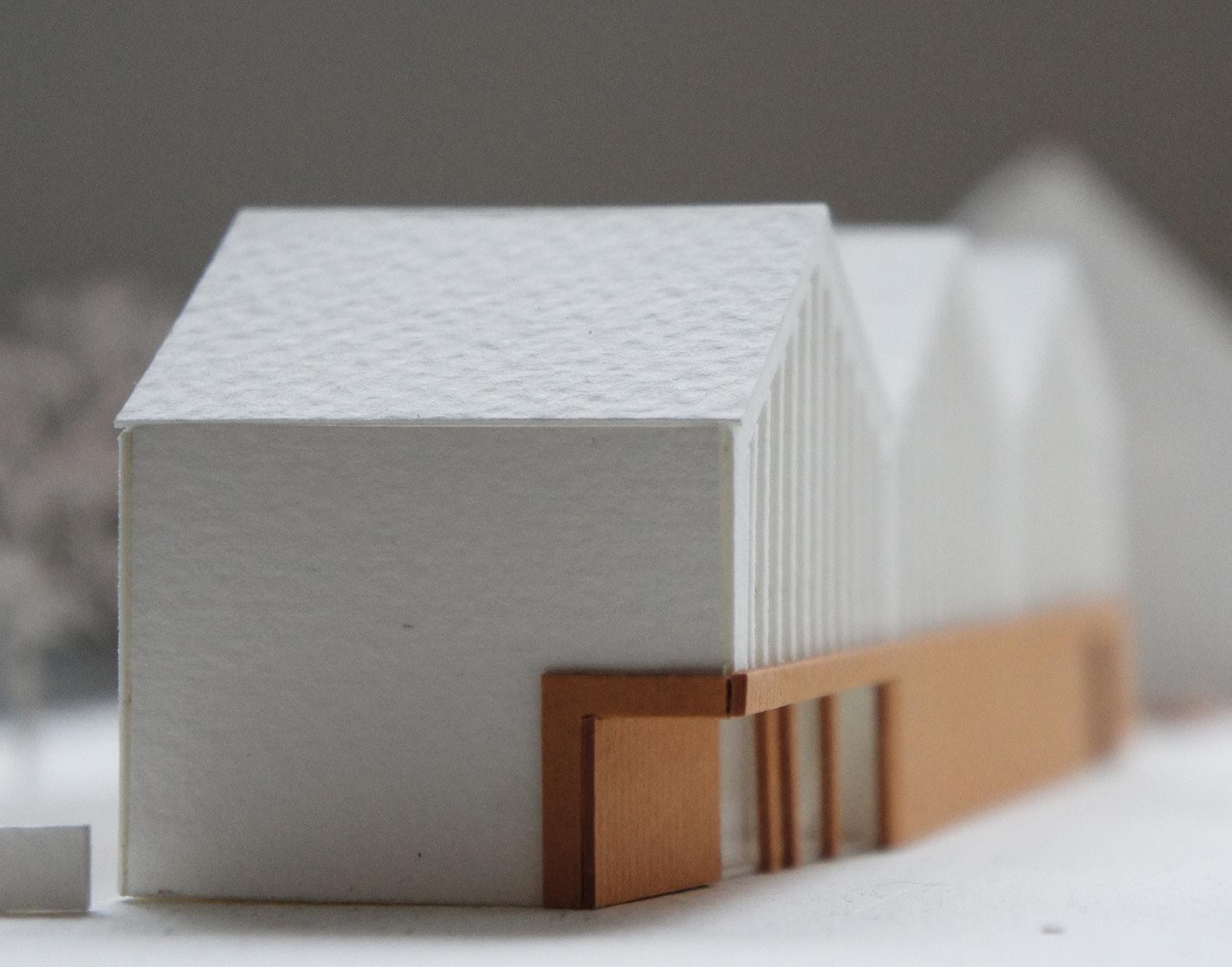
Number
Credits
Number of Study Hours/week (all) 24
Number of Study Hours/week (lectures) 9 7
Number of Study Hours/week (practical lessons) 8 9 3
Number of Study Hours/week (for project) 7 8 12
Exam (e) 4 4 3
Mid-semester Exam (m) 2 3 4
Signature (s)
name of subject catalog code lec pl p assmt cr
Mathematics 1. EPE075ANEM 2 2 0 e 4
Mechanics 1. (Statics) MSE256ANEM 1 3 0 e 5
Descriptive Geometry 1. EPE132ANEM 2 2 0 e 4
Design Studio 1. EPE311ANEM 1 0 4 m 9
Building Constructions 1. EPE108ANEM 1 0 3 m 6
Construction Materials 1. MSE081ANEM 2 1 0 e 3
name of subject catalog code lec pl p assmt cr
Mathematics 2. EPE076ANEM 1 2 0 e 4
Strength of Materials 1. MSE402ANEM 0 2 0 e 3
Descriptive Geometry 2. EPE133ANEM 1 2 0 e 4
Art History EPE349ANEM 2 0 0 e 3
Architectural Drawing 1. EPE345ANEM 0 3 0 m 3
Design Studio 2. EPE312ANEM 1 0 4 m 6
Building Constructions 2. EPE110ANEM 2 0 4 m 6
name of subject catalog code lec pl p assmt cr
Architectural Drawing 2. EPE346ANEM 0 3 0 m 3
Digital Architecture 1. EPE030ANEM 0 0 3 m 3
History of Architecture 1. EPE065ANEM 2 0 0 e 3
Architectural Technology & Construction Management 1. MSE060ANEM 1 0 1 e 3
Design Studio 3. EPE313ANEM 1 0 4 m 8
Building Constructions 3. EPE099ANEM 3 0 4 e 7
Elective 1. 2 0 0 m 3
name of subject catalog code lec pl p assmt cr
Architectural Drawing 3. EPE347ANEM 0 3 0 m 3
Digital Architecture 2. EPE031ANEM 0 0 3 m 3
History of Architecture 2. EPE066ANEM 2 0 0 e 3
Architectural Technology & Construction Management 2. MSE061ANEM 1 0 1 e 3
Energy Systems 1. MSE086ANEM 1 1 0 e 3
Design Studio 4. EPE314ANEM 1 0 4 m 8
Building Constructions 4. EPE102ANEM 3 0 4 e 7
name of subject catalog code lec pl p assmt cr
Architectural Drawing 4.
History of Architecture 3.
EPE348ANEM 0 3 0 m 3
EPE067ANEM 2 0 0 e 3
Architectural Technology & Construction Management 3. MSE056ANEM 1 2 0 e 3
Energy Systems 2.
MSE046ANEM 1 2 0 e 3
Design Studio 5. EPE315ANEM 1 0 4 m 8
Building Constructions 5. EPE105ANEM 3 0 3 e 7
Elective 2. 2 0 0 m 3
name of subject catalog code lec pl p assmt cr
Architectural Drawing 5.
EPE351ANEM 0 3 0 m 3
Introduction to Professional Practice MSE344ANEM 3 0 0 e 3
Architectural Theory
EPE068ANEM 2 0 0 e 3
Introduction to Urban Planning EPE029ANEM 3 0 0 m 3
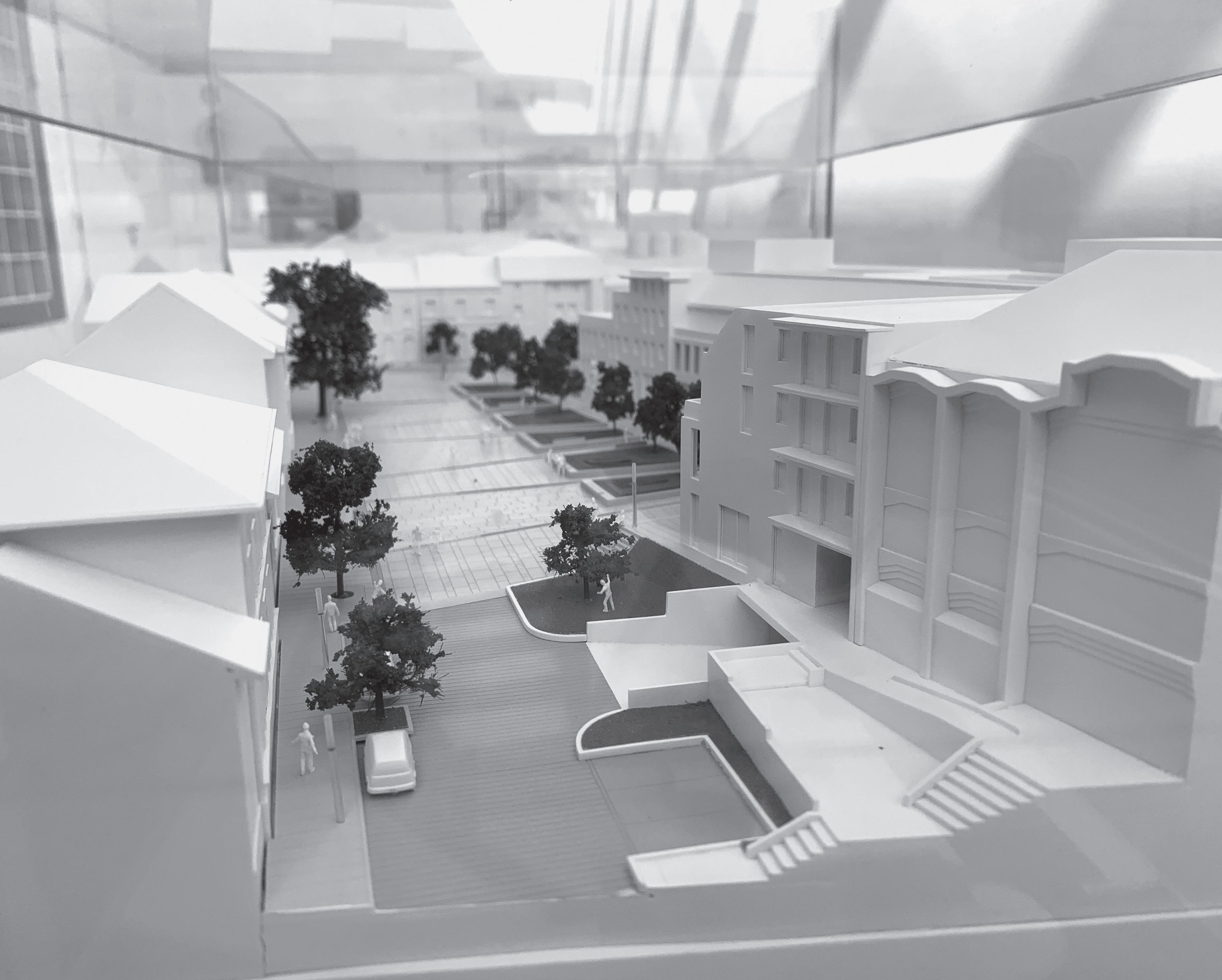
Design Studio 6. EPE316ANEM 1 0 4 m 8
Building Constructions 6. EPE317ANEM 2 0 4 e 7
Elective 3. 2 0 0 m 3
name of subject catalog code lec pl p assmt cr
Lectures on Ecodesign
Modern Construction Materials
Graduation Studio
EPB047ANEM 3 0 0 e 4
MSB079ANEM 3 0 0 e 3
EPM318ANEM 0 0 10 m 15
Thesis EPM497ANEM 3 0 3 s 5
Elective 4. 2 0 0 m 3

4 semesters
If the applicant has already obtained a university degree (bachelor’s degree in architecture or relevant field)
This programme trains students to apply their complex knowledge in the areas of architecture and urban planning, as well as in the multi-faceted field of environment formation in general (architectural design, town and country planning, preservation of built heritage, BIM, well-being, solidary architecture, vernacular architecture, parametric design, eco-design, sustainable design, structural design, construction work, management and administration tasks, consulting with authorities, teaching, etc.) In addition, once students have gained the prerequisite practical experience as stipulated by the regulations, they are prepared for their professional planning license.
The final complex design project and the diploma design project are a summary, a synthesis of their studies and serve as a final assessment of their acquired knowledge. During training, studies are complemented by Scientific Students’ Conference projects prepared with the cooperation of their peers and tutors (who also provide supervision of their work). During the first five-six semesters, students are provided with the groundwork in both artistic and applied engineering fields, and during the remaining semesters they acquire specialist knowledge closely related to their qualification - in this phase creative work and its final result, the completed work is dominant.
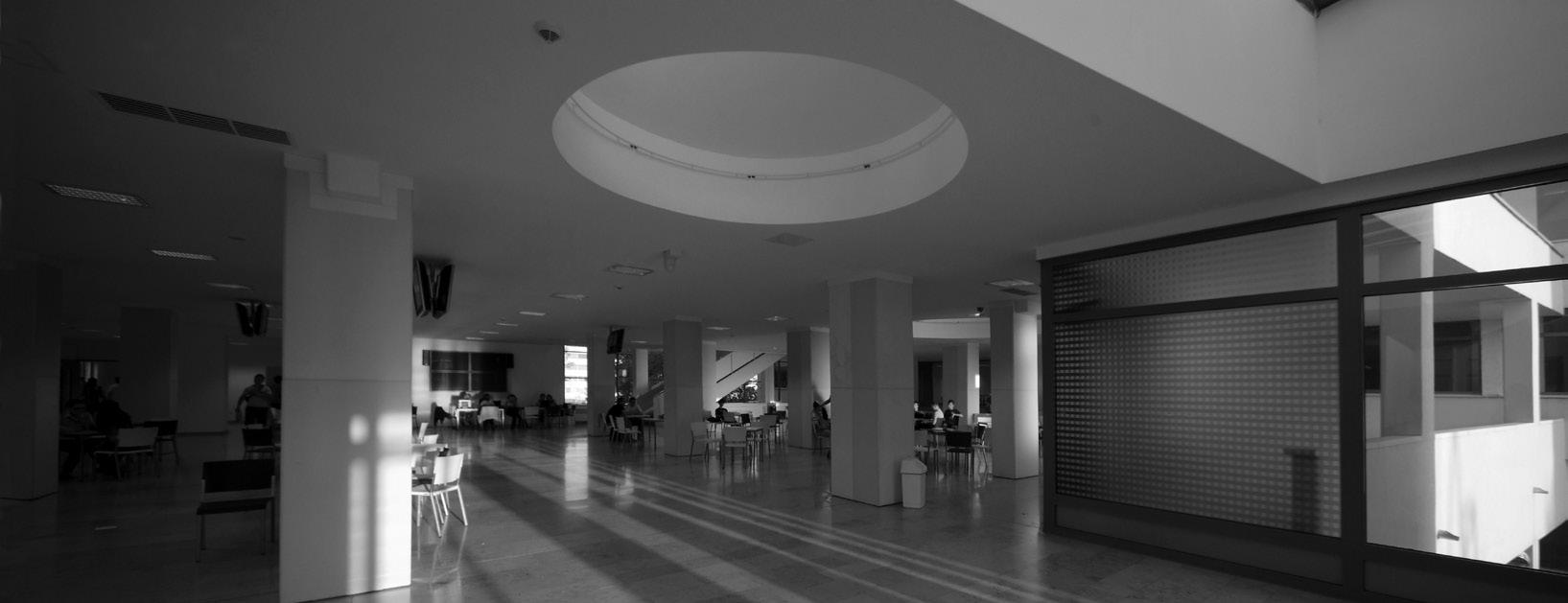
The final complex design project and the diploma design project are a summary, a concentration of their studies and the final assessment of their acquired knowledge. Within the professional field of architecture, students acquire individual expertise in a specific field and can apply for admission to the DLA & PhD degree programmes based on their specialization. The DLA & PhD programmes operates within the framework of an accredited doctoral school at the institute.
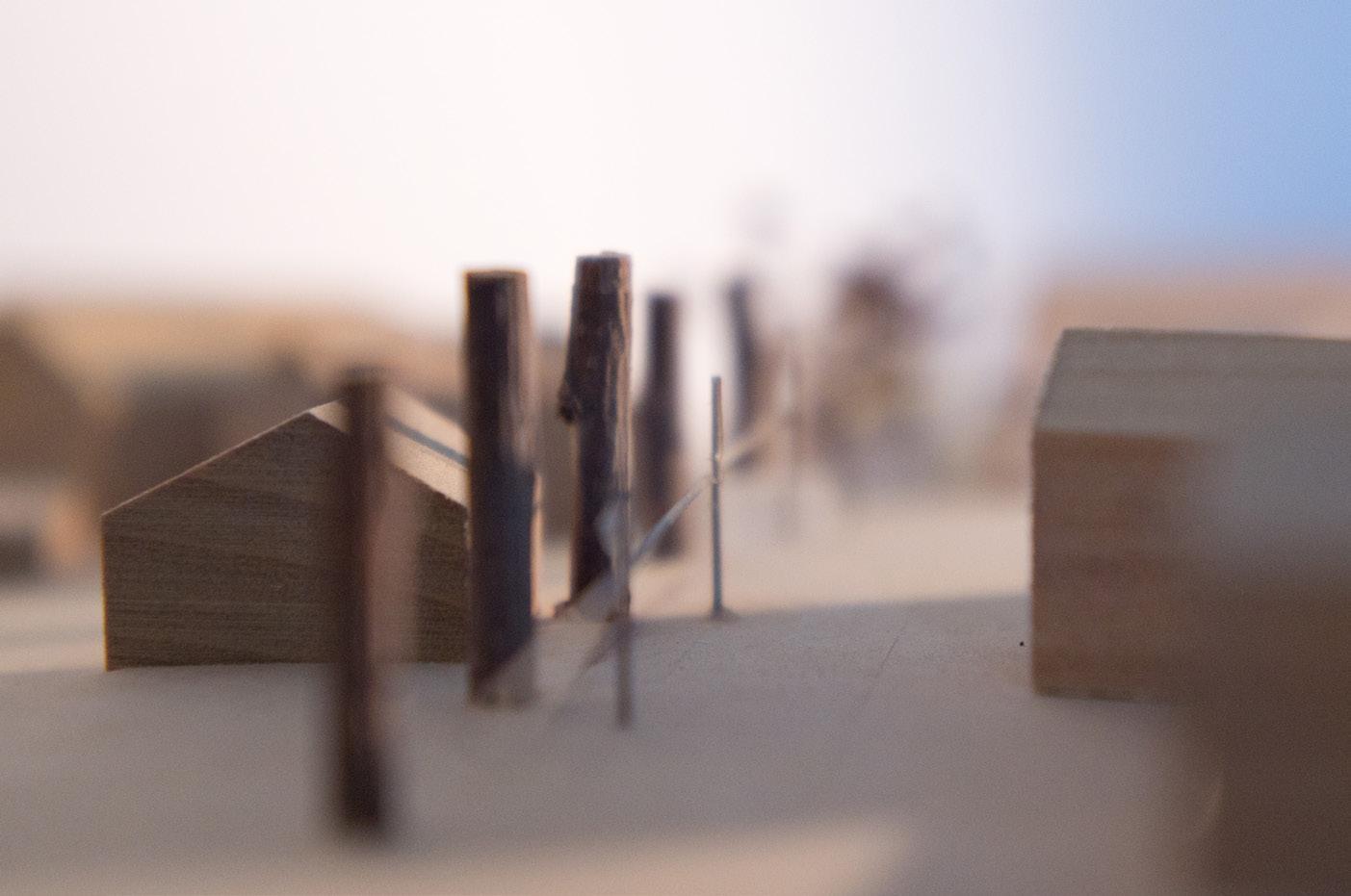
TOTAL ANALISYS OF FULL PROGRAM
1. SEMESTER 2. SEMESTER 3. SEMESTER 4. SEMESTER SUM
Number of Credits 30 31 30 29 120
Number of Study Hours/week (all) 24 24 24 24 96
Number of Study Hours/week (lectures)
Number of Study Hours/week (practical lessons)
Number of Study Hours/week (for project)
12 10 6 39
0 4 16 21
12 10 2 36
4 3 1 11 Mid-term grade (m)
Exam grade (e)
3 3 1 12 End-of-semester signature (s)
1. SEMESTER
0 0 1 1
name of subject catalog code lec pl p assmt cr
Digital Presentation
EPM032ANEM 2 0 0 m 3 Advanced Construction Management MSM055ANEM 1 1 0 e 3 Lectures on Architecture 1. EPM072ANEM 2 0 0 e 3 Lectures on Ecodesign EPM048ANEM 2 0 0 e 3
Complex Design 1. EPM310ANEM 0 0 8 m 6 Complex Building Constructions EPM115ANEM 2 0 2 m 6 Advanced Architectural Constructions EPM114ANEM 0 0 2 m 3 Elective 4. 2 0 0 m 3
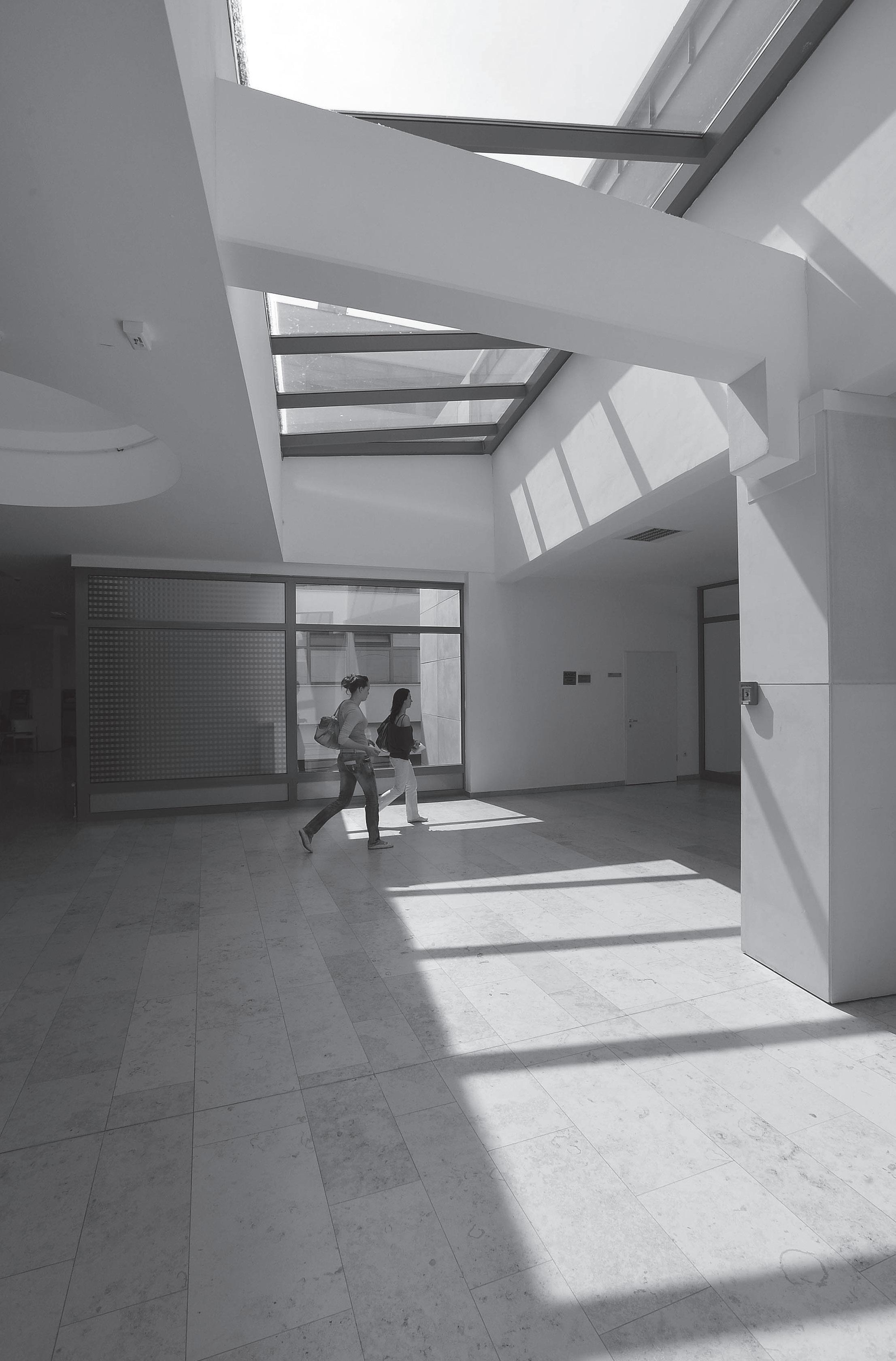
name of subject catalog code lec pl p assmt cr Lectures on Architecture 2. EPM073ANEM 2 0 0 e 3 Urban Planning EPM452ANEM 2 0 0 e 3 Complex Design 2. EPM319ANEM 0 0 10 m 11 Lectures on Experimental Design EPM227ANEM 2 0 0 e 3 Experimental Design Studio EPM228ANEM 2 0 2 m 5 Lectures on Public Buildings EPM226ANEM 2 0 0 e 3 Elective 5. 2 0 0 m 3
name of subject catalog code lec pl p assmt cr Lectures on Theory of Architectural Design 1. EPM069ANEM 2 0 0 e 3 Heritage Protection EPM322ANEM 2 0 0 e 3 Complex Design 3. EPM320ANEM 0 0 10 m 11 Interior Design Studio EPM022ANEM 0 4 0 m 5 Lectures on Interior Spaces EPM026ANEM 2 0 0 e 3 Lectures on Urban Landscape EPM238ANEM 4 0 0 m 5
4. SEMESTER
name of subject catalog code lec pl p assmt cr Lectures on Theory of Architectural Design 2. EPM070ANEM 2 0 0 e 3
Complex Design 4. EPM321ANEM 0 16 0 m 14 Thesis EPM494ANEM 4 0 2 s 12
If the applicant has already obtained a university degree (bachelor’s degree in architecture, in interior design or relevant field)
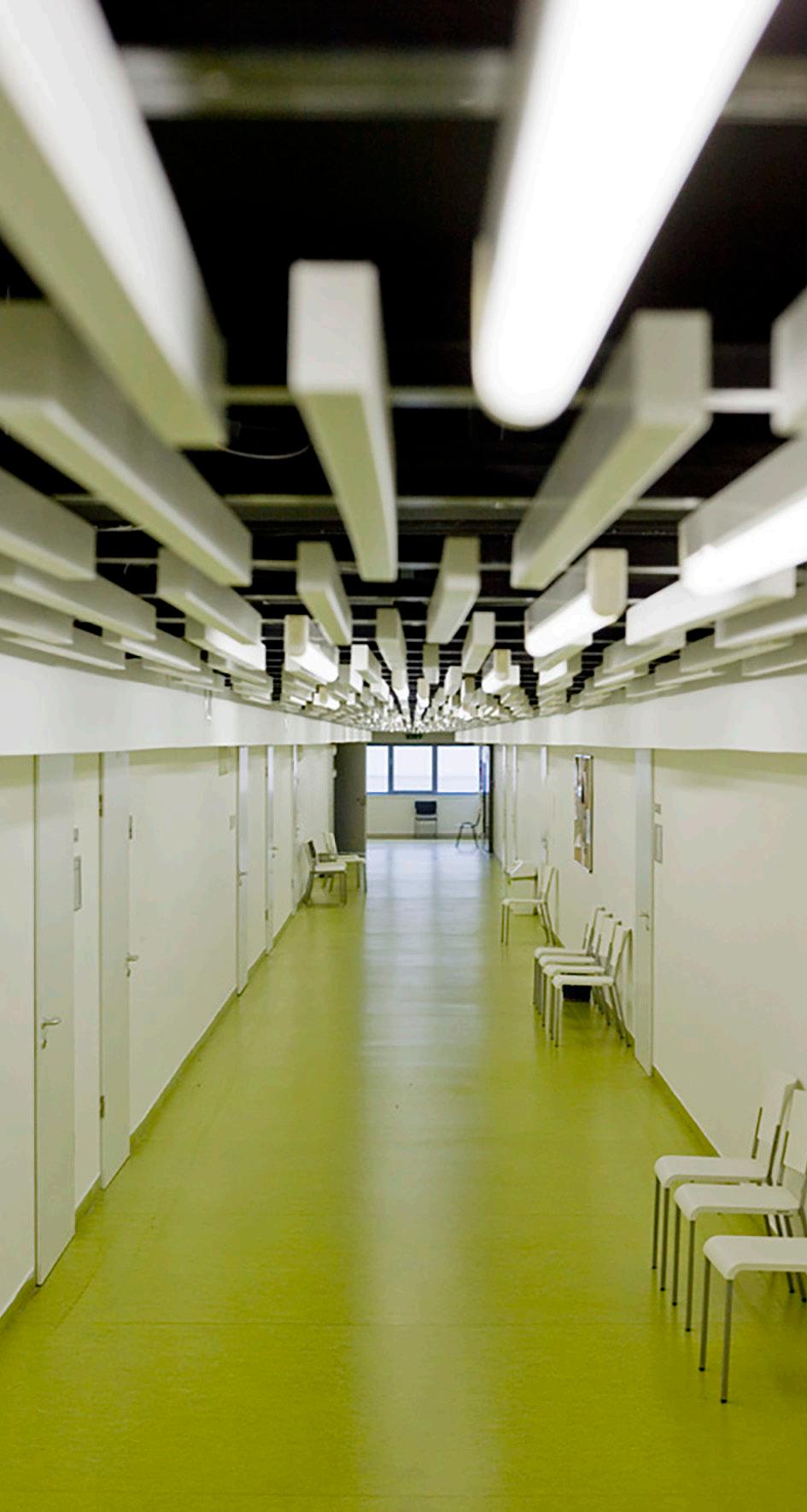
This programme creates interior design artists who, in liaison with architects and other design professionals, are capable of solving issues regarding aesthetic, functional, and psychological aspects of a given space or spaces, and, in the course of forming architectural space, are capable of preserving the conceptual unity of interior elements and furnishings. Those graduating the programme will be instilled with an essential technical knowledge and artistic talent, have an understanding and thorough knowledge of creativity and the design thought-process and their importance during the planning procedure. Graduates will acquire an advanced sense of aesthetic and critical talents, developed aesthetic taste, have an exhaustive knowledge of interior design terminology, traditional and innovative materials as well as the technology and tools utilised in their production. Students will be taught primary manufacturing and production processes and their conditions, and, taking into consideration the physical, biological, and cultural aspects, will be capable of conscious treatment of space and sense of space. They become conscious of the context of complex creative processes.
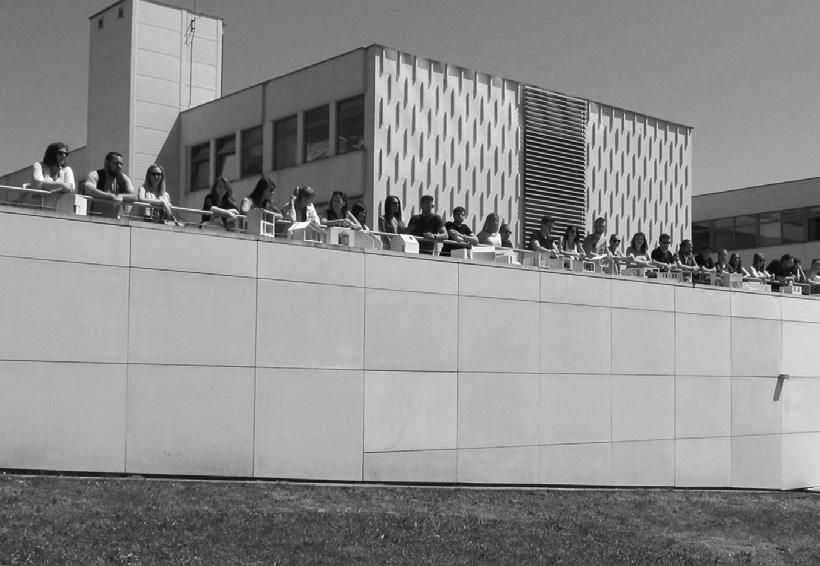
Not only will they receive the requisite knowledge for coordination of different disciplines but will also gain experience with the properties and techniques of processing speci fic materials. Using their acquired capacity for shaping space in a systematic manner integral to the design, they are able to react to new challenges in situations requiring complex and collective solutions. Quali fied interior design artists will have the ability to be aware of multifaceted professional issues, develop their own individual design and creative programmes, and conduct their work autonomously, as well as to employ the necessary tools, methods, procedures and technologies pro ficiently and in novel ways in the creation of their own concepts and designs.
Students gain both practical and professional experience through the course of their studies and are prepared to further their education in the doctoral programme if they wish.
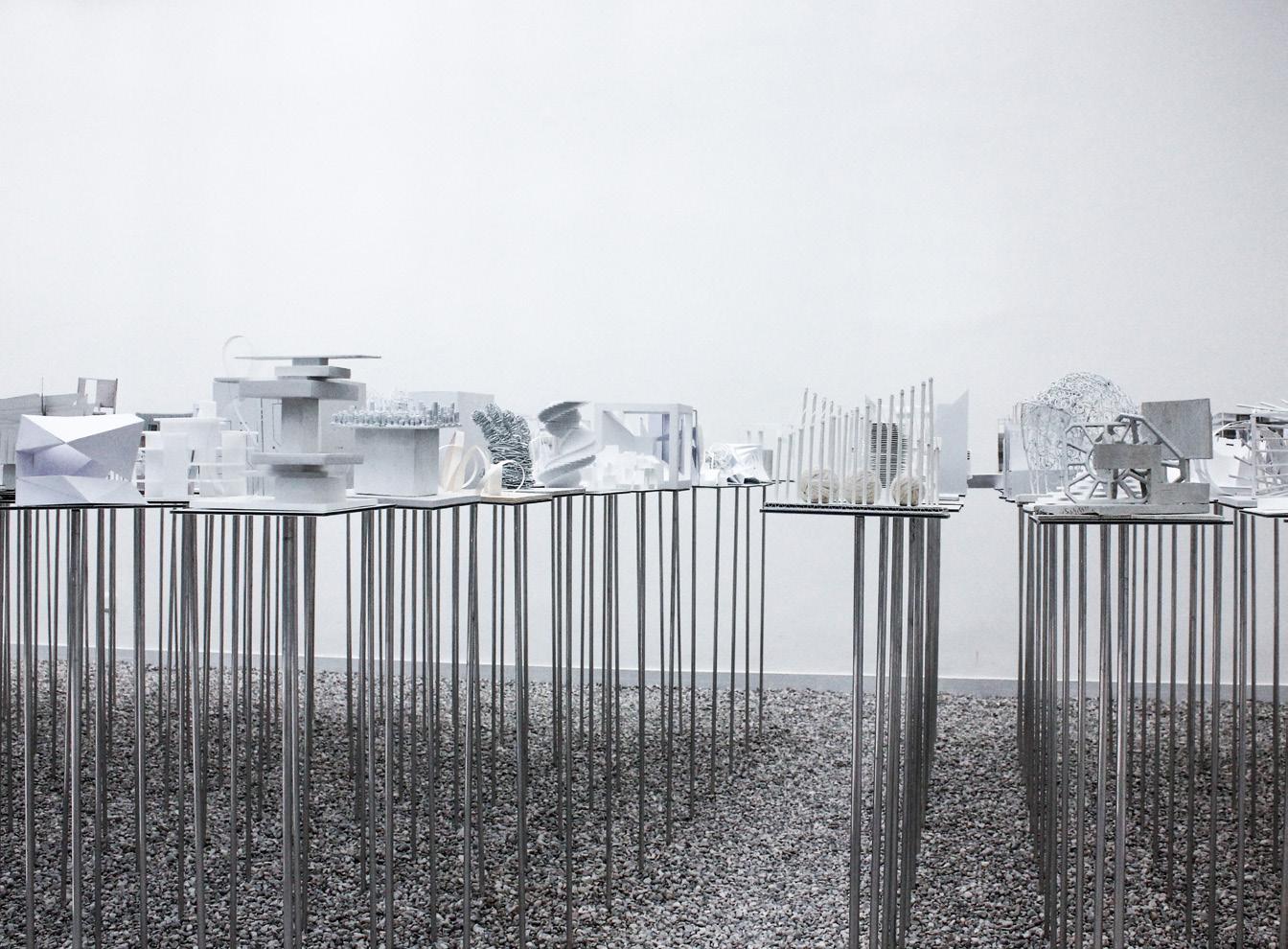
Number
Number of Study Hours/week
Number of Study Hours/week
Number of Study Hours/week
Number of Study Hours/week (for
(m)
1. SEMESTER
name of subject catalog code lec pl p assmt cr Lectures on Theory of Architectural Design 1.
EPM069ANMU 2 0 0 e 3 Lectures on Ergonomy
EPM016ANMU 2 0 0 e 3 Furniture and Object Design
EPE237ANMU 0 0 2 m 3 Design 1.
EPM017ANMU 0 8 0 m 6 Furniture and Object Design Studio
EPM023ANMU 0 4 0 m 5 Applied Visual Studies 1.
EPE015ANMU 0 0 2 m 3 Materials and Structures
EPM021ANMU 2 0 0 e 4 Digital Presentation
EPM032ANMU 2 0 0 m 3 Elective 1. 2 0 0 m 3
name of subject catalog code lec pl p assmt cr Social Issues of Design and Art
EPM074ANMU 2 0 0 m 4 Urban Planning EPM452ANMU 2 0 0 e 3 Design 2.
EPM018ANMU 0 8 0 m 6 Applied Visual Studies 2.
EPE015ANMU 0 0 2 m 3 Lectures on Theory of Architectural Design 2.
EPM070ANMU 2 0 0 e 3 Lectures on Experimental Design
EPM227ANMU 2 0 0 e 3 Experimental Design Studio
EPM228ANMU 0 0 4 m 5 Elective 2. 2 0 0 m 3
name of subject catalog code lec pl p assmt cr Lectures on Architecture 1.
EPM072ANMU 2 0 0 e 3 Environmental Psychology
0 0 m 4 Lectures on Interior Spaces
EPM071ANMU
EPM026ANMU
0 0 e 3 Landscape Design
m 3 Design 3. EPM019ANMU
Interior Design Studio
EPM240ANMU
EPM022ANMU
Research in Interior Design EPM020ANMU
4. SEMESTER
name of subject catalog code
m
m
m 3
Lectures on Architecture 2.
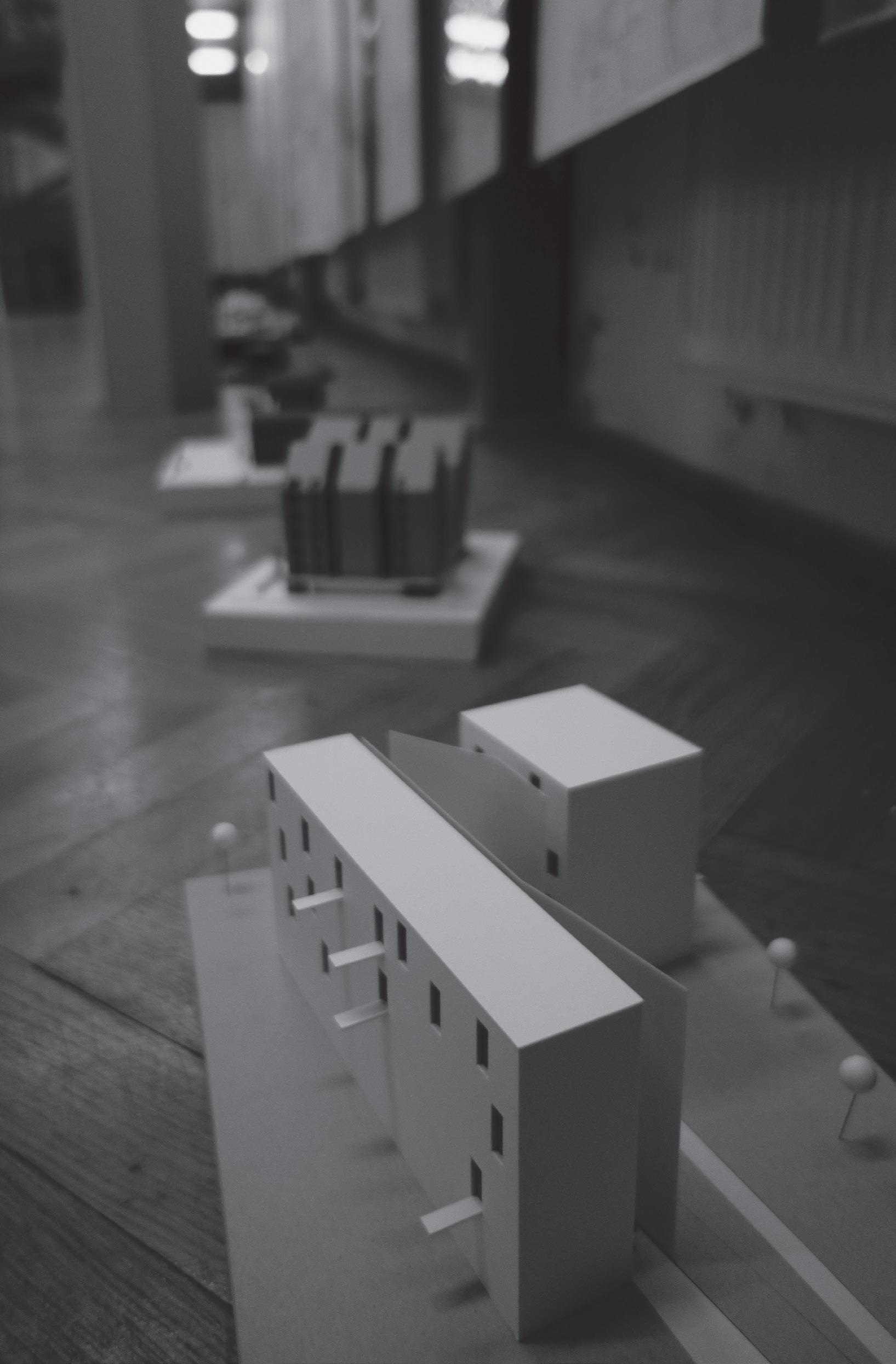
Economics and Legal Knowledge
Complex Design
Thesis
EPM073ANMU
e 3 Lectures on Research Methods
EPM324ANMU
EPM015ANMU
m
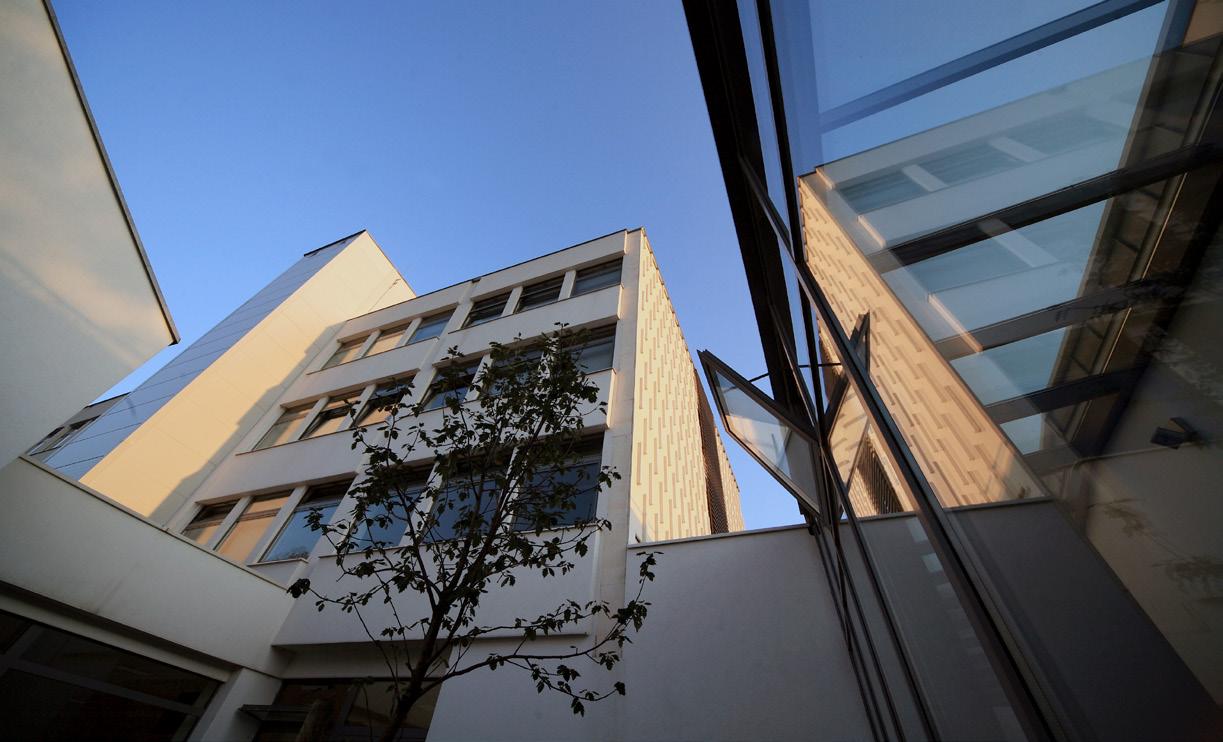
This programme trains students to apply their complex knowledge in the areas of architecture and urban planning, as well as in the multifaceted field of environment formation in general (architectural design, town and country planning, preservation of built heritage, BIM, well-being, solidary architecture, vernacular architecture, parametric design, eco-design, sustainable design, structural design, construction work, management and administration tasks, consulting with authorities, teaching, etc.)
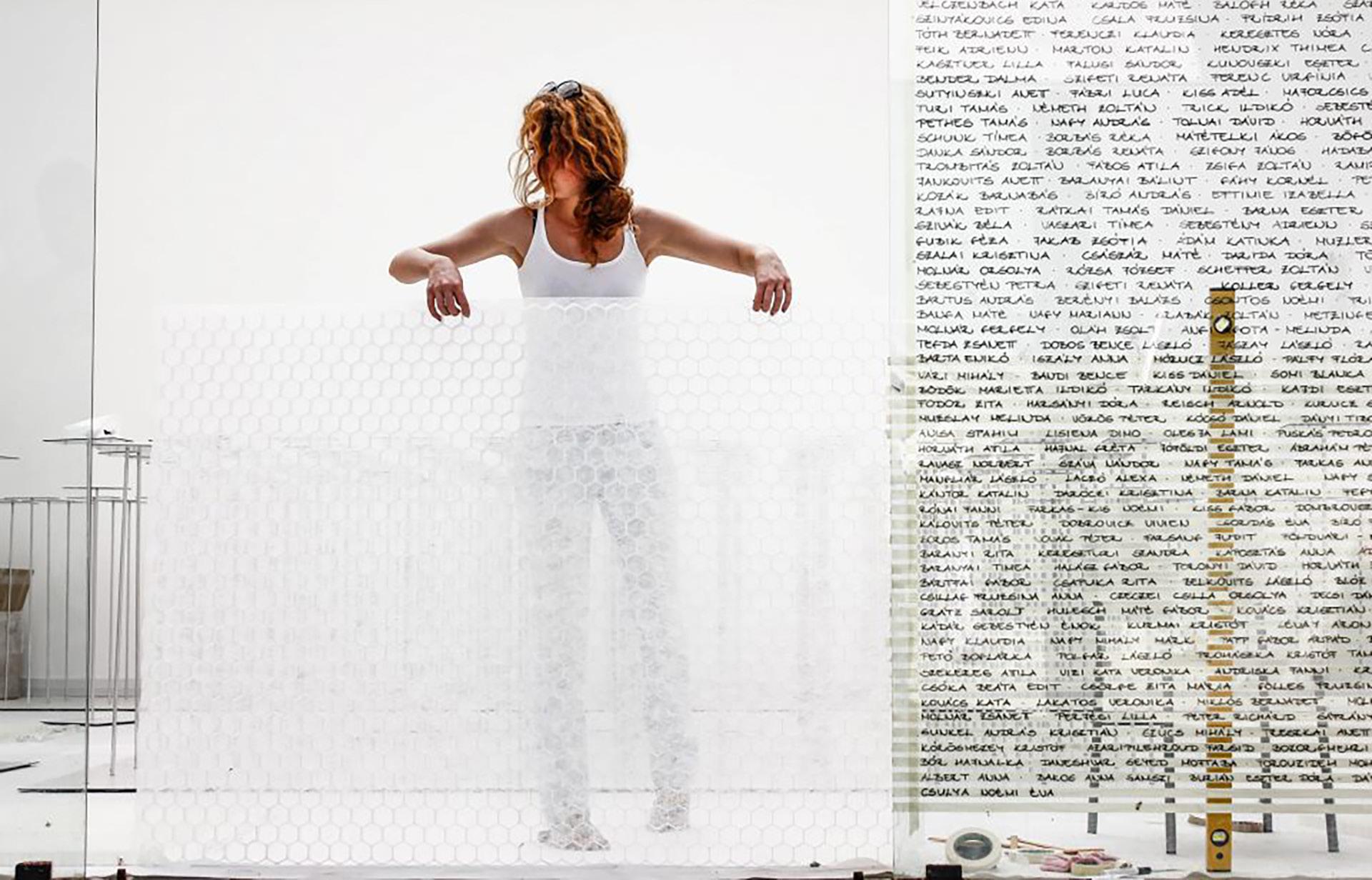
In addition, students are prepared for their professional planning license once they have gained the prerequisite practical experience as required by the relevant regulations.
The final complex design project and the diploma design project are a summary, a synthesis of their studies and serves as a final assessment of their acquired knowledge. During training, studies are complemented by Scientific Students’ Conference projects prepared with the co-operation of students and tutors (who are also in charge of supervising their work).
During the first five-six semesters students are provided with the groundwork in both human artistic and real engineering fields, and during the remaining semesters they can acquire special knowledge closely related to their qualification - in this phase creative work and its final result, the completed work is dominant. The final complex design project and the diploma design project are a summary, a concentration of their studies and the final assessment of their acquired knowledge. Within the professional field of architecture, students acquire individual expertise in a specific field and can apply for admission to the DLA & PhD degree programme based on their specialization. The DLA & PhD programme operates within the framework of an accredited doctoral school at the institute.
name of subject catalog code lec pl p assmt cr
Mathematics 1. EPE075ANEM 2 2 0 e 4
Mechanics 1. (Statics)
MSE256ANEM 1 3 0 e 5
Descriptive Geometry 1. EPE132ANEM 2 2 0 e 4
Design Studio 1. EPE311ANEM 1 0 4 m 9
Building Constructions 1. EPE108ANEM 1 0 3 m 6
Construction Materials 1. MSE081ANEM 2 1 0 e 3
name of subject catalog code lec pl p assmt cr Mathematics 2. EPE076ANEM 1 2 0 e 4
Strength of Materials 1. MSE402ANEM 0 2 0 e 3
Descriptive Geometry 2. EPE133ANEM 1 2 0 e 4
Art History EPE349ANEM 2 0 0 e 3
Architectural Drawing 1. EPE345ANEM 0 3 0 m 3
Design Studio 2. EPE312ANEM 1 0 4 m 6
Building Constructions 2. EPE110ANEM 2 0 4 m 6
name of subject catalog code lec pl p assmt cr
Architectural Drawing 2. EPE346ANEM 0 3 0 m 3
Digital Architecture 1. EPE030ANEM 0 0 3 m 3
History of Architecture 1. EPE065ANEM 2 0 0 e 3
Architectural Technology & Construction Management 1. MSE060ANEM 1 0 1 e 3
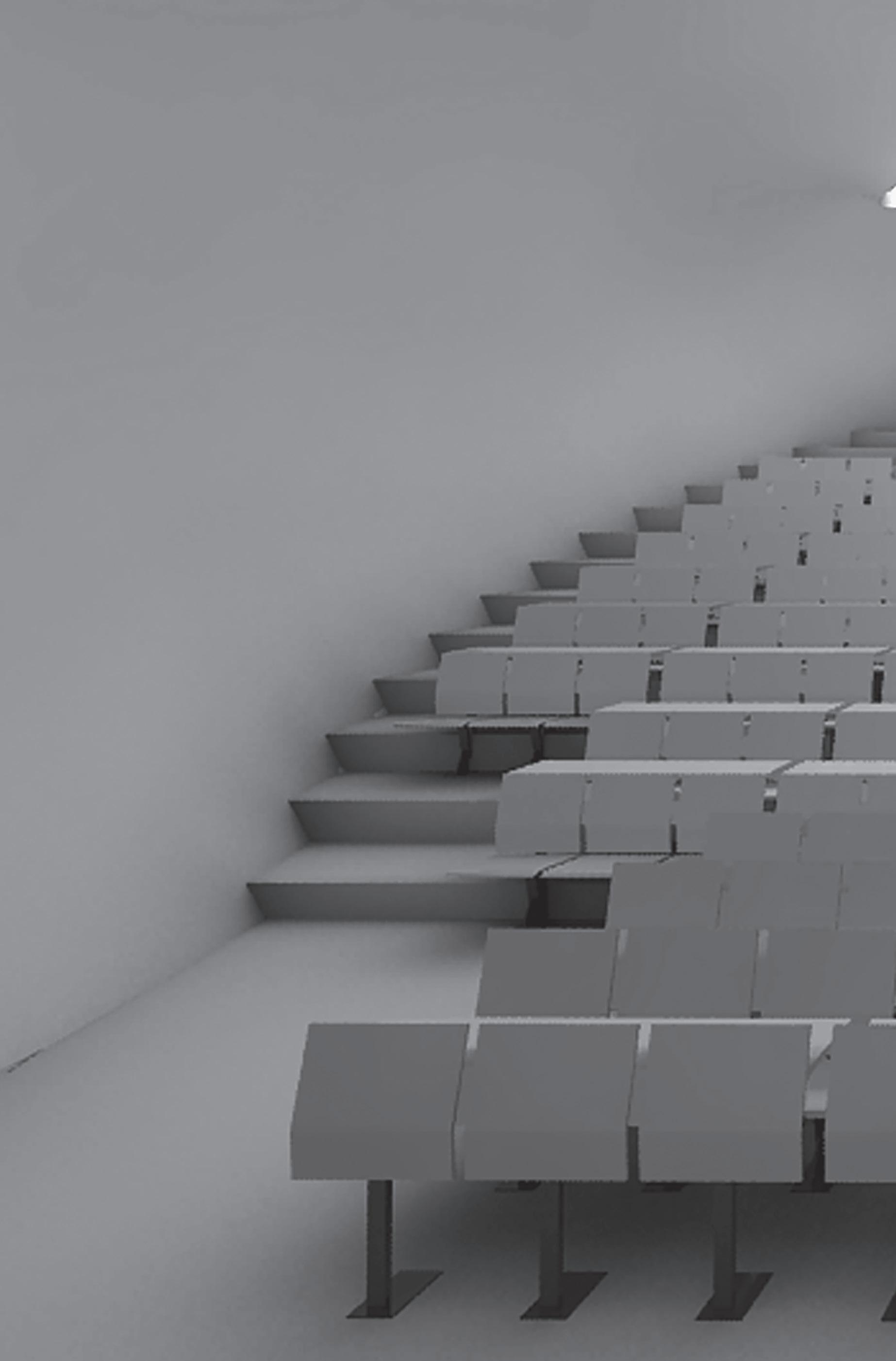
Design Studio 3. EPE313ANEM 1 0 4 m 8
Building Constructions 3. EPE099ANEM 3 0 4 e 7
Elective 1. 2 0 0 m 3
name of subject catalog code lec pl p assmt cr
Architectural Drawing 3. EPE347ANEM 0 3 0 m 3
Digital Architecture 2. EPE031ANEM 0 0 3 m 3
History of Architecture 2. EPE066ANEM 2 0 0 e 3
Architectural Technology & Construction Management 2. MSE061ANEM 1 0 1 e 3
Energy Systems 1. MSE086ANEM 1 1 0 e 3
Design Studio 4. EPE314ANEM 1 0 4 m 8
Building Constructions 4. EPE102ANEM 3 0 4 e 7
TOTAL ANALISYS
SEMESTER
Number of Credits 31 29 30 30 30 30 30 31 30 29 300
Number of Study Hours/week (all) 24 24 24 24 24 24 24 24 24 24 240
Number of Study Hours/week (lectures) 9 7 9 8 10 13 11 12 10 6 95
Number of Study Hours/week (practical lessons) 8 9 3 4 7 3 1 0 4 16 55
Number of Study Hours/week (for project) 7 8 12 12 7 8 12 12 10 2 90
Exam grade (e) 4 4 3 4 4 3 3 4 3 1 33
Mid-term grade (m) 2 3 4 3 3 4 5 3 3 1 31
End-of-semester signature (s) 0 0 0 0 0 0 0 0 0 1 1
name of subject catalog code lec pl p assmt cr
Architectural Drawing 4. EPE348ANEM 0 3 0 m 3
History of Architecture 3. EPE067ANEM 2 0 0 e 3
Architectural Technology & Construction Management 3. MSE056ANEM 1 2 0 e 3
Energy Systems 2. MSE046ANEM 1 2 0 e 3 Design Studio 5. EPE315ANEM 1 0 4 m 8
Building Constructions 5. EPE105ANEM 3 0 3 e 7
Elective 2. 2 0 0 m 3
name of subject catalog code lec pl p assmt cr
Architectural Drawing 5. EPE351ANEM 0 3 0 m 3
Introduction to Professional Practice MSE344ANEM 3 0 0 e 3 Architectural Theory EPE068ANEM 2 0 0 e 3
Introduction to Urban Planning EPE029ANEM 3 0 0 m 3 Design Studio 6. EPE316ANEM 1 0 4 m 8 Building Constructions 6. EPE317ANEM 2 0 4 e 7 Elective 3. 2 0 0 m 3
name of subject catalog code lec pl p assmt cr Digital Presentation EPM032ANEM 2 0 0 m 3
Advanced Construction Management MSM055ANEM 1 1 0 e 3
Lectures on Architecture 1. EPM072ANEM 2 0 0 e 3 Lectures on Ecodesign EPM048ANEM 2 0 0 e 3
Complex Design 1. EPM310ANEM 0 0 8 m 6
Complex Building Constructions EPM115ANEM 2 0 2 m 6
Advanced Architectural Constructions EPM114ANEM 0 0 2 m 3
Elective 4. 2 0 0 m 3
name of subject catalog code lec pl p assmt cr
Lectures on Architecture 2. EPM073ANEM 2 0 0 e 3
Urban Planning
EPM452ANEM 2 0 0 e 3
Complex Design 2. EPM319ANEM 0 0 10 m 11
Lectures on Experimental Design EPM227ANEM 2 0 0 e 3
Experimental Design Studio EPM228ANEM 2 0 2 m 5
Lectures on Public Buildings EPM226ANEM 2 0 0 e 3
Elective 5. 2 0 0 m 3
name of subject catalog code lec pl p assmt cr
Lectures on Theory of Architectural Design 1. EPM069ANEM 2 0 0 e 3
Heritage Protection EPM322ANEM 2 0 0 e 3
Complex Design 3. EPM320ANEM 0 0 10 m 11
Interior Design Studio EPM022ANEM 0 4 0 m 5
Lectures on Interior Spaces EPM026ANEM 2 0 0 e 3
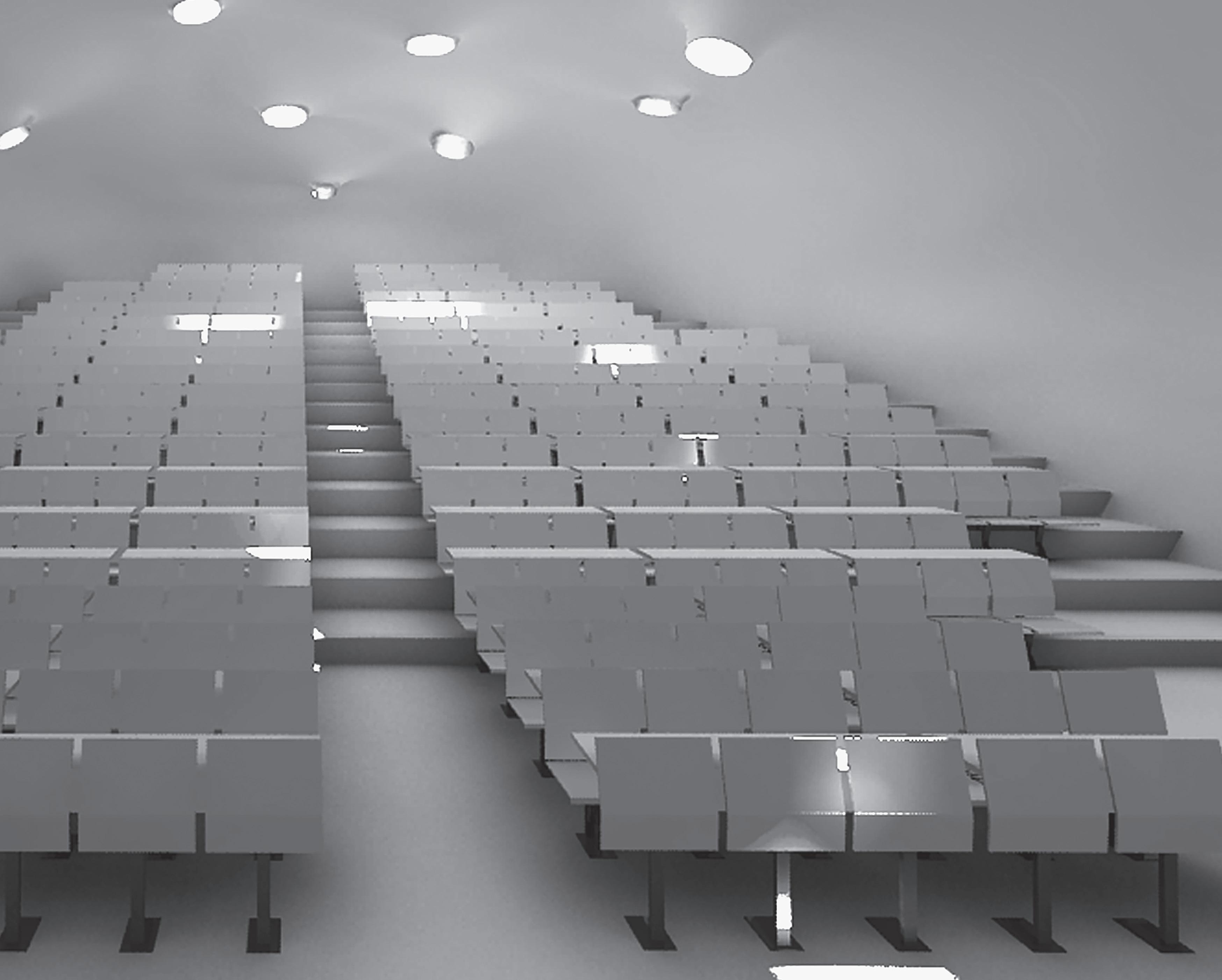
Lectures on Urban Landscape EPM238ANEM 4 0 0 m 5
name of subject catalog code lec pl p assmt cr
Lectures on Theory of Architectural Design 2. EPM070ANEM 2 0 0 e 3
Complex Design 4. EPM321ANEM 0 16 0 m 14
Thesis EPM494ANEM 4 0 2 s 12
Courses of the Marcel Breuer Doctoral School of Architecture are built on the single-cycle MSc programme in Architecture, the multi-cycle MSc programme in Architecture, the multi-cycle MA programme in Architecture, as well as the single-cycle MA programme in Architecture.
The primary task of the Doctoral School is to provide educational programmes of a high standard in accordance with the requirements of the Bologna system to those leading architects with an MSc or MA degree, as well as to those with an MA or MSc degree in an architecture-related fi eld.
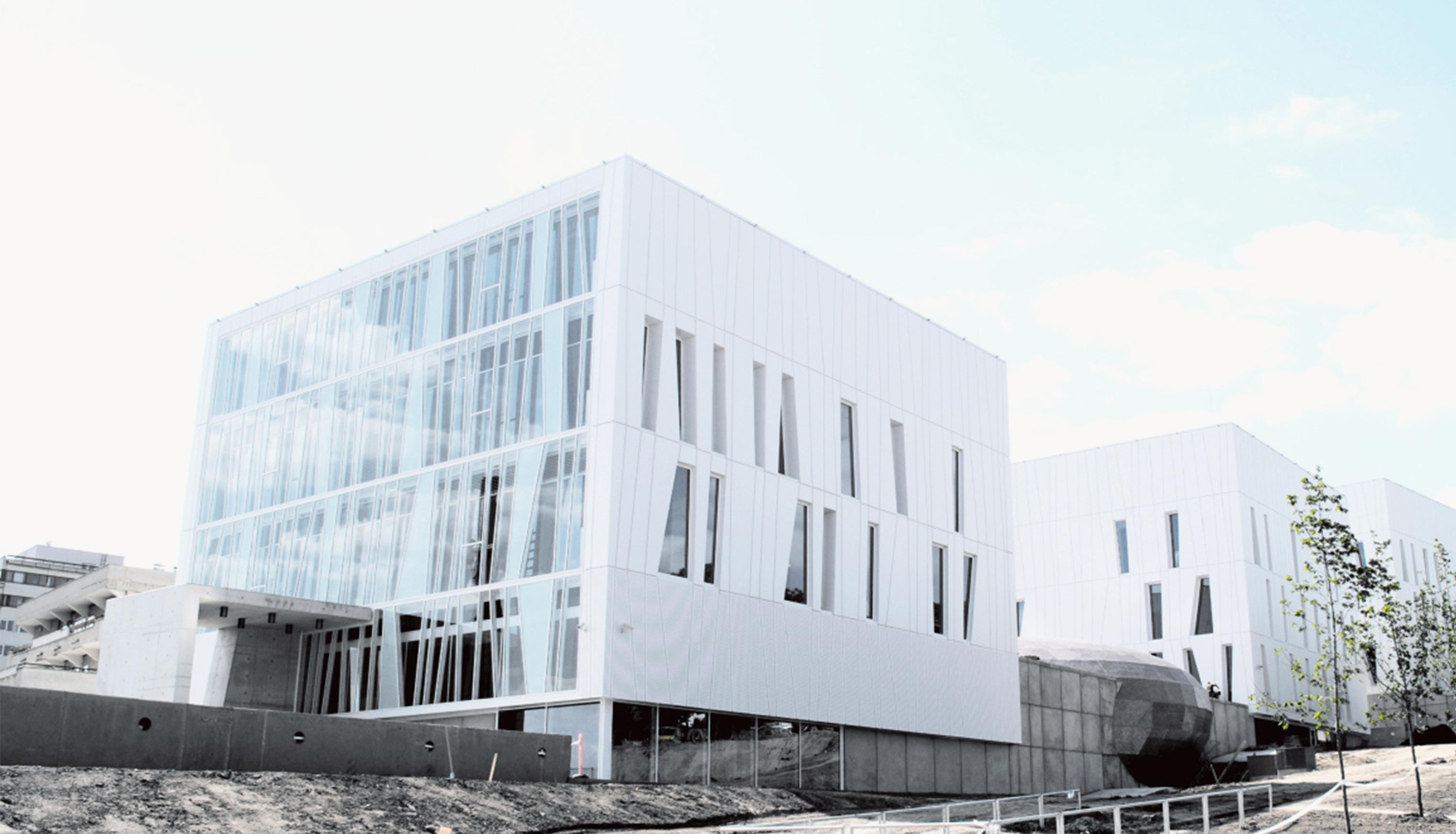
The Doctoral School will maintain its engagement in the fields of architecture and the protection of national heritage assumed six years ago. The Doctoral School will organise the work associated with the doctoral programme and doctoral dissertation defence within one organisational unit but offering two different programmes:
» DLA programme in Architecture
» PhD programme in Architectural Engineering

Lectures and seminars offered by the Doctoral School can be attended by students of both programmes.
The outstanding teaching staff and the infrastructure of the Pécs Doctoral School help students to engage in creative work, and due to its widespread professional and international relationships the school provides students with all the means necessary for the successful preparation of doctoral dissertations and projects.
Our unique circumstances mean that our undergraduate programmes are taught by staff selected to excel at various fields of art and architecture in a contemporary infrastructural environment. This ensures that students have the opportunity to examine the relationship between architecture and other fields of art and applied arts, and to apply creative methods in the area of architecture. In our Doctoral School at the Faculty of Engineering and Information Technology, doctoral studies can be pursued in the fields of ecological architecture, sustainable architecture and the use of new materials and technologies, and with the wide range of engineering specialisations (such as structural engineering, construction engineering, building electricity, information technology, etc.) offered at the faculty, an opportunity is created for researchers to revive traditional heritage protection ideas and methods. The interdisciplinary nature of architecture ensures that it can meet today’s social expectations in planning, research and creative activities.
The Doctoral School cooperates with several Hungarian and international educational and research institutes. We are in the fortunate position of being part of a multi-faculty university which means we have been able to develop a close cooperation with the Faculties of Medicine, Natural Sciences, Arts, Humanities and Economics. The renovation of the University Campus, an important part of the cultural heritage of Pécs, is a testimony to the success of this cooperation, with the Doctoral School being the driving force at both the planning and implementation stage. The establishment of a jointly used research centre, the so-called Science Building, is another prime example of the fruitful cooperation of the various faculties of the university.
Our Doctoral School also cooperates in various fields of expertise with research project groups of the National Office of Cultural Heritage, the Faculty of Horticultural Science, Corvinus University, the Architectural Arts Department, Faculty of Wood Sciences, and the University of West Hungary.
The DLA in Architecture programme of the Doctoral School covers architecture and urban architecture programmes dealing with various aspects of planning (architecture of social spaces, architectural planning and design, production environment planning, residential environment planning, settlement planning). However, these fields are not strictly tied to speci fic topics or building types but are more closely related to the professional and educational expertise and experience of the speci fic teachers and supervisors of the Doctoral School. Our intention is to provide our students with a historical perspective of our heritage, our responsibility towards the environment, and a coherent system of environmental and modern architectural aspects. It is in view of this that special emphasis is put on individual tailor-made curriculum for our doctoral candidates, which is built on the combination of creative artistic-technical activities and scienti fic research in a chosen field, in accordance with the speci fic feature of architecture being a combination of arts and science.

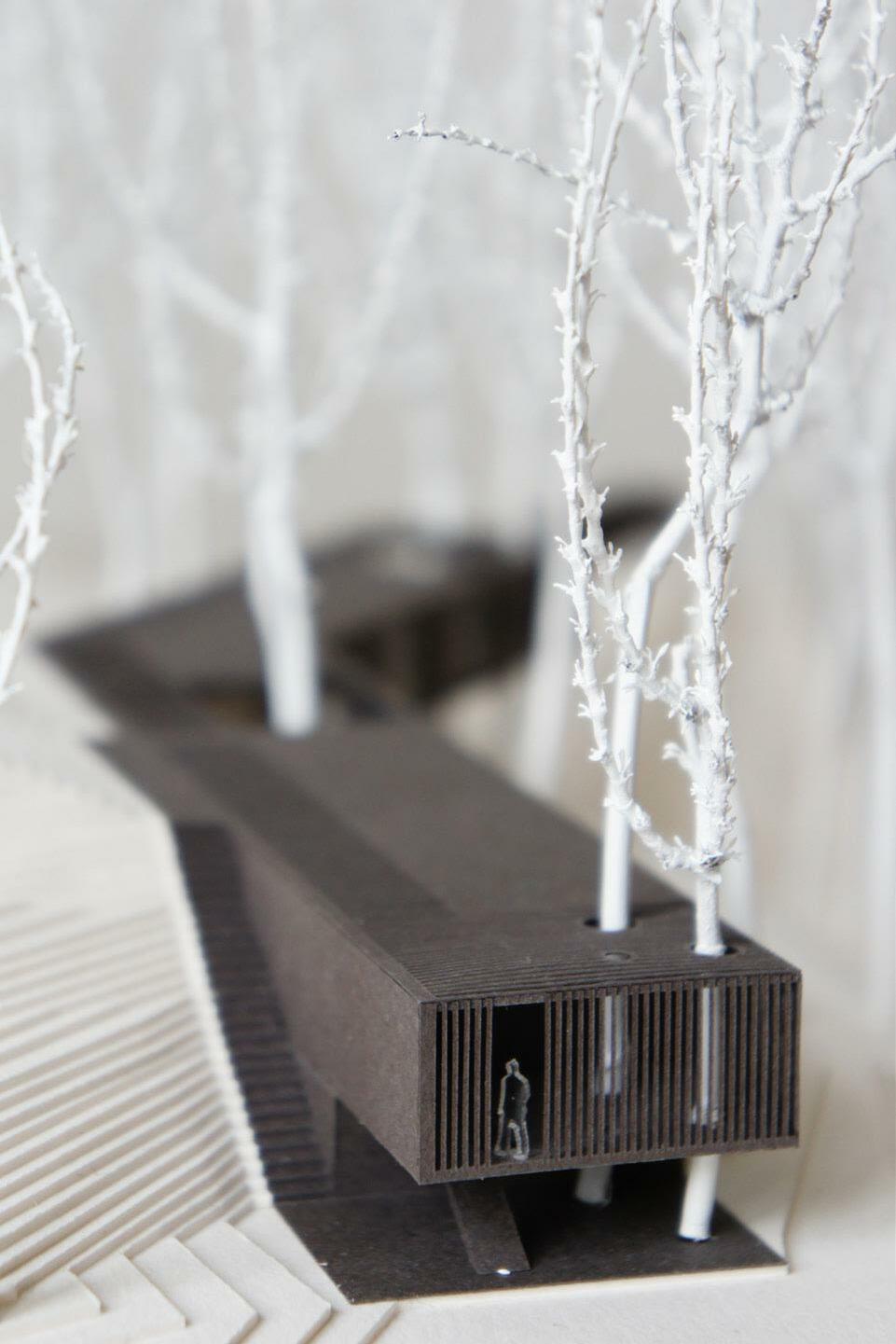
When the PhD in Architectural Engineering programme of the Doctoral School was developed, we drew on the experience of other Hungarian Doctoral Schools and of the existing DLA Doctoral School. The programme covers aspects of past and modern building materials science, engineering structures and building frames. Furthermore, it also focuses on areas closely related to the programme’s priorities, such as environmental planning, settlement planning and energy design.
In view of the speci fic features of the discipline and the wide range of subjects – that is, the interdisciplinary nature - of the various fields of research, the course curriculum lays special emphasis on ensuring that doctoral candidates gain the necessary knowledge and competence while also catering to their individual research topics. The prime objective of the training programme is to assist doctoral candidates of the school in preparing a dissertation to a high standard and in complying with the requirements of the doctoral degree.
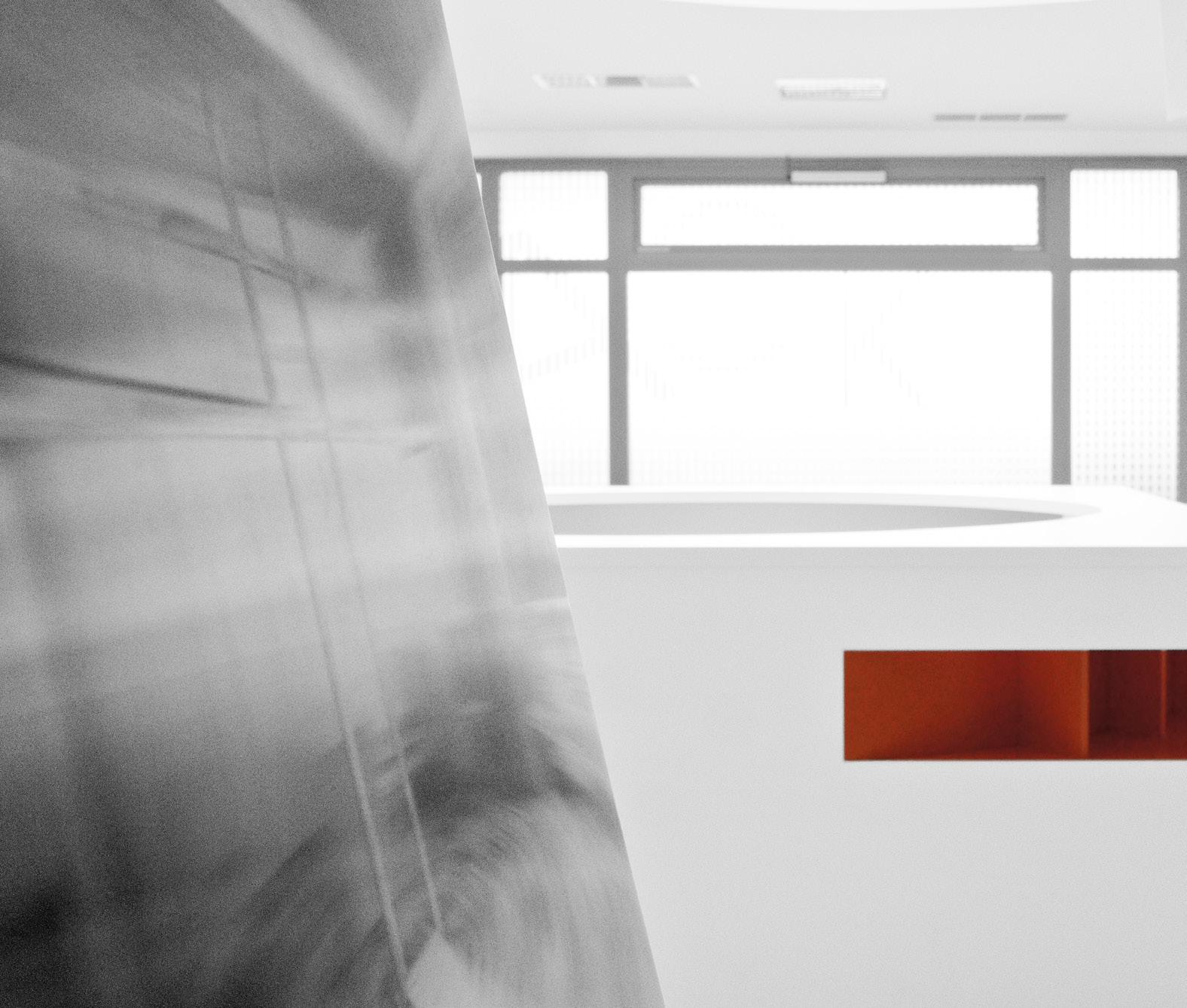
Architectural research teams at the Faculty:
»
Parametrized Comfort in Physical Spaces
Energy Design Research Team
Solidarity Architecture Research Group
Effciency of Resources Research Team
Building Energetics and Building Ecology Research Team
Sustainable Cities Research Team
Heritage Protection Research Team
Solidarity Architecture Research Team
Technical-Engineering Research Topics of the Szentágothai János Research Centre, University of Pécs:
» Energy Design
Efficiency of Resources
Smart City Technologies
Research Teams at the Faculty:
»
Autonomous Technologies and Drones Research Team
Energy Design Building Technology Research Team
High Performance Computing (HPC) Research Team
Medical Engineering Research Team
Modern, Ecological Systems of Water Management and Green Surfaces Research Team
Parameterized Comfort in Physical Spaces Research Team
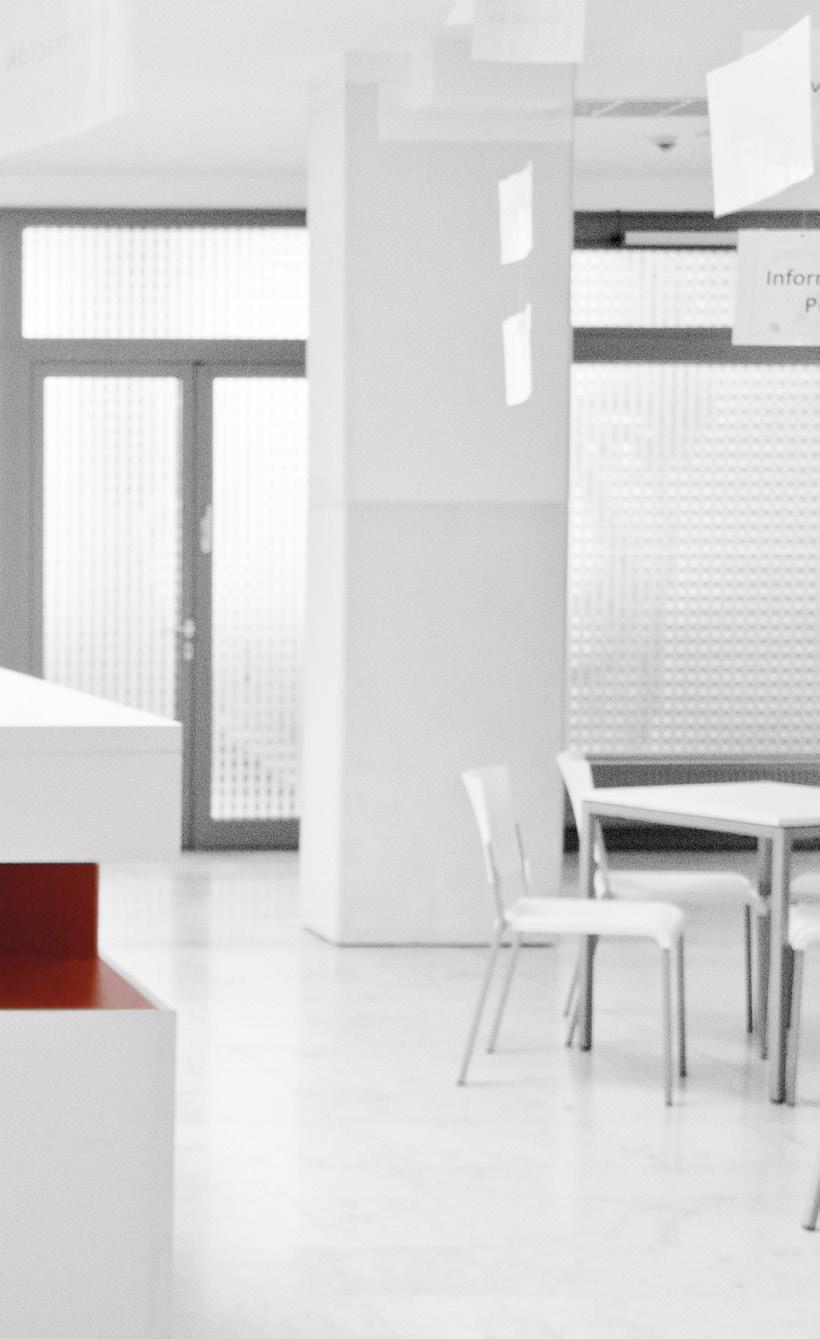
Smart City Technologies Research Team
Structural Diagnostics and Analyses Research Team
Symbolic Methods in Material Testing and Tomography Research Team
Thermal Comfort Research Team
This annual event has been organised since 2007 and is held at the Pécs Expo Centre in February or March, hosting 150-200 exhibitors, and 5-6000 visitors. The initiative behind the expo was to offer our students practical know-how that would complement their theoretical knowledge, to meet the major economic players and to learn about the latest trends in their field of study. With the cooperation of each department, the exposition has been extended with international conferences, robot programming and computer assembling competitions, courses organised by the Chamber of Trade and job fairs.
Visit Site
The Miklós Iványi International PhD & DLA Symposium is organized to give PhD & DLA students a special forum to present their ongoing research projects in their speci fic field. This forum complements the doctoral programme. International PhD Symposia were organized between 2005-2019 and it is important to continue this tradition. In 2014, following the death of Prof. Miklós Iványi, the symposium was renamed the Miklós Iványi International PhD & DLA Symposium, to his honour vision and contribution to the symposium.
Visit Site
Pollack Periodica is an interdisciplinary, peer-reviewed journal that provides an international forum for the presentation, discussion and dissemination of the latest advances and developments in engineering and information technology. Pollack Periodica invites papers reporting new research and applications from a wide range of disciplines, including civil, mechanical, electrical, environmental, earthquake, material engineering, architecture, and information technology. The journal aims at reaching a wider audience, not only researchers, but also those likely to be most affected by research results, for example, designers, inventors, specialists, developers, computer scientists, managers in academic, governmental, and industrial communities.
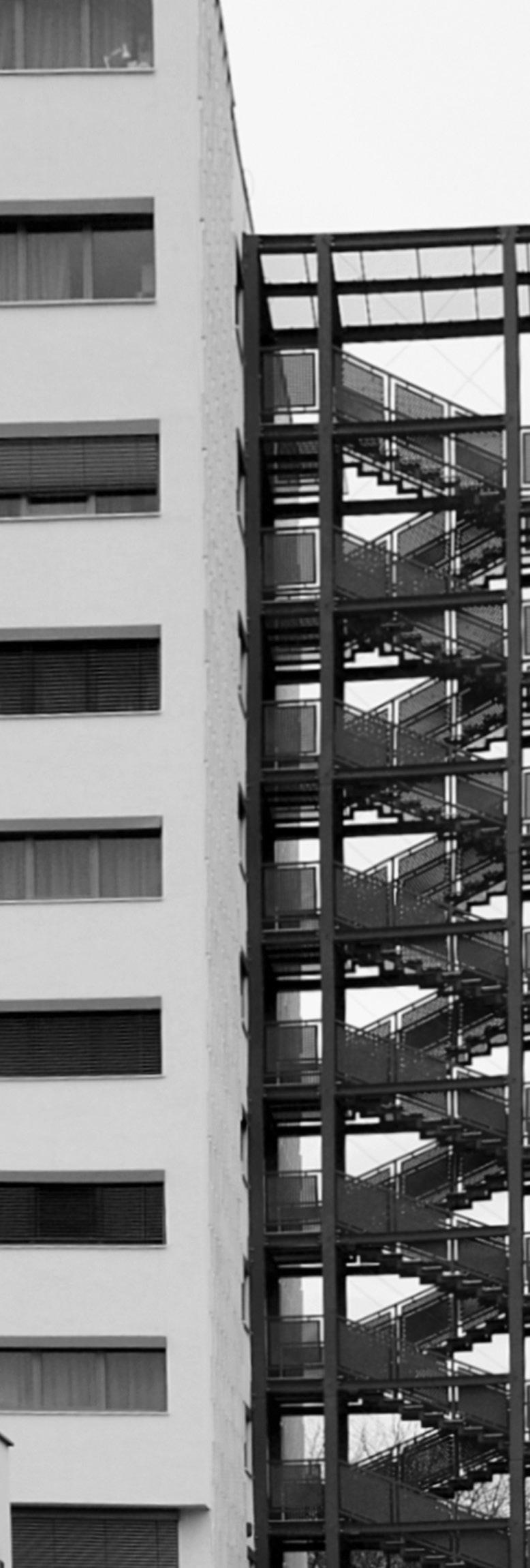
2010 marked the beginning of BIM research at the PhD level at the faculty, and from 2011, education in BIM was introduced to the architectural programmes of the Faculty of Engineering and Information Technology of the University of Pécs (UP FEIT).
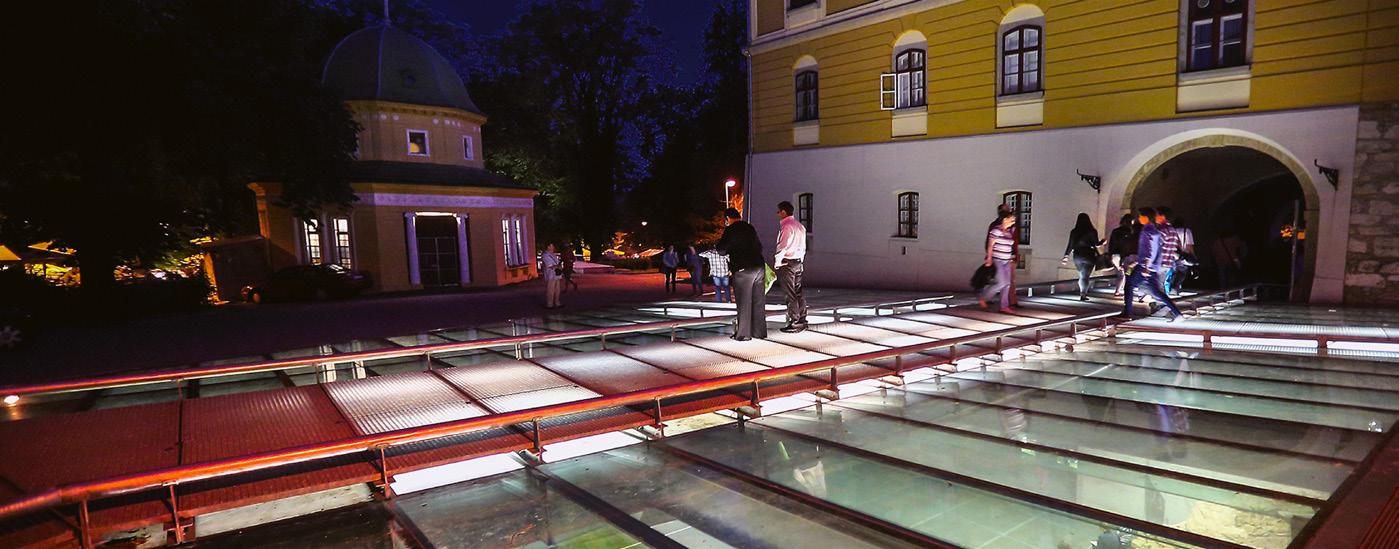
The Hungarian BIM Association (MABIM) was established in 2014 as a collaboration between the UP FEIT and the Budapest University of Technology and Economics and several other industrial partners. Several lecturers from our faculty took up board positions in MABIM.
In 2019, the “BIM SKILL LAB” was formed and BIMrelated research branched out into the field of Biomedical Engineering. Over 2020 and 2021, the research team received signi ficant technological developments due to the PAKS2 project.
We continuously provide tuition in BIM for graduate and post-graduate students and, as of 2021, it is possible to join our BIM Engineer Postgraduate Specialist Training programme.
Students can also learn about BIM as a specialisation offered as part of our engineering training programme.
PTE Politechnika Ltd.
PMMF Politechnika Ltd., the predecessor of PTE Politechnika Ltd., was established in 1989 as a sole trading business enterprise of Pollack Mihály Technical College. During the integration of the Technical College in 1995, it became the property of the University of Pécs. The main activities of PTE Politechnika Ltd. are architectural design, technical design, technical expertise, technical inspection, professional and quality management consultancy, complex administrative services, organisation and management of training courses, organisation, and management of professional exhibitions, of professional conferences and events. As of 1 January 2018, the Chancellery of the UP entrusted PTE Politechnika Ltd., by this time established as an “in house” company of the university, to carry out the university’s document management activities. Currently, it is involved in the architectural and energy planning tasks of the university’s development projects. Within this company there is a focus on the application of scientific research results, the planning of innovative solutions and the practical implementation of these results. To broaden the scope of activity and participation in international projects, the limited liability company is registered in English as University of Pecs Politechnika Research & Development Consultants Ltd.
The European Researchers’ Night has been organised every September since 2005. The main aim of the event is to break down the barriers between researchers and their position in the world of science and work. Over the last few years, Researchers’ Night has been one of the most important scienti fic events held in the country. This evening is set aside when tertiary education institutions and research centres across Europe open their doors to the public to allow them a closer glimpse into the world of science.
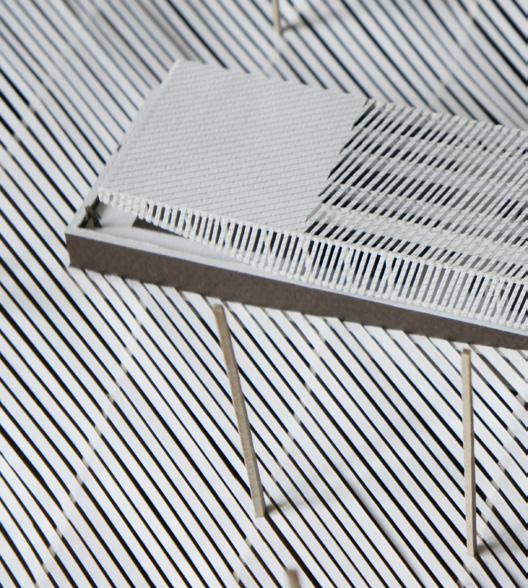
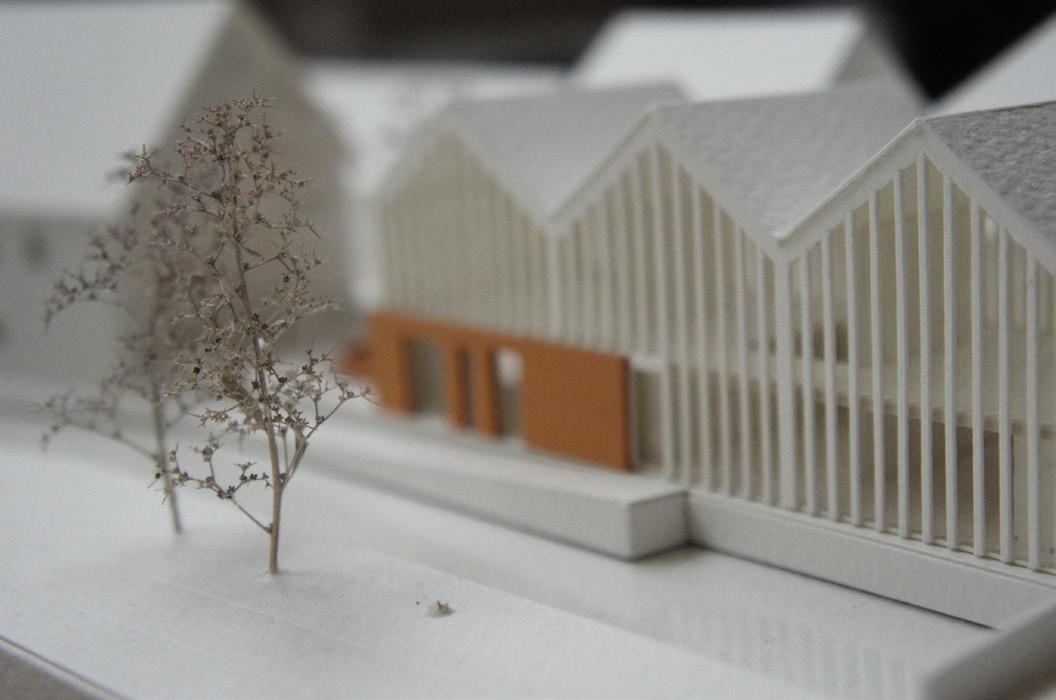
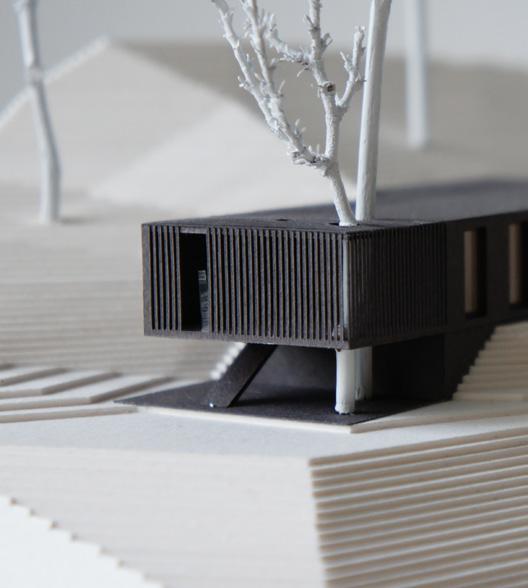
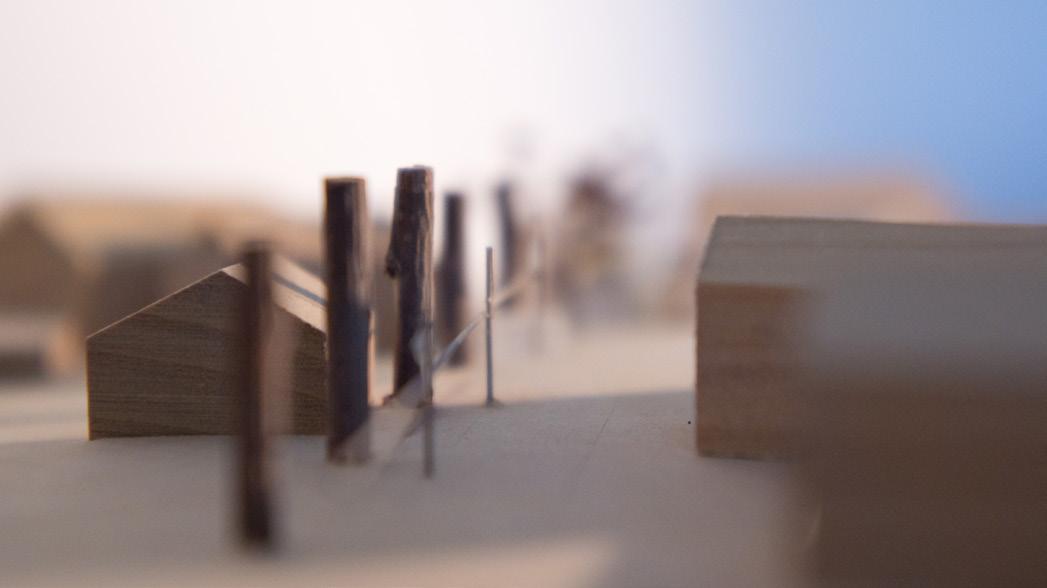
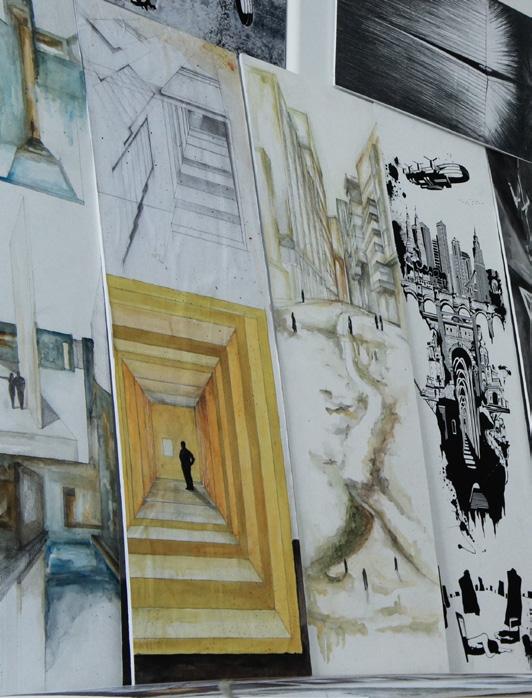
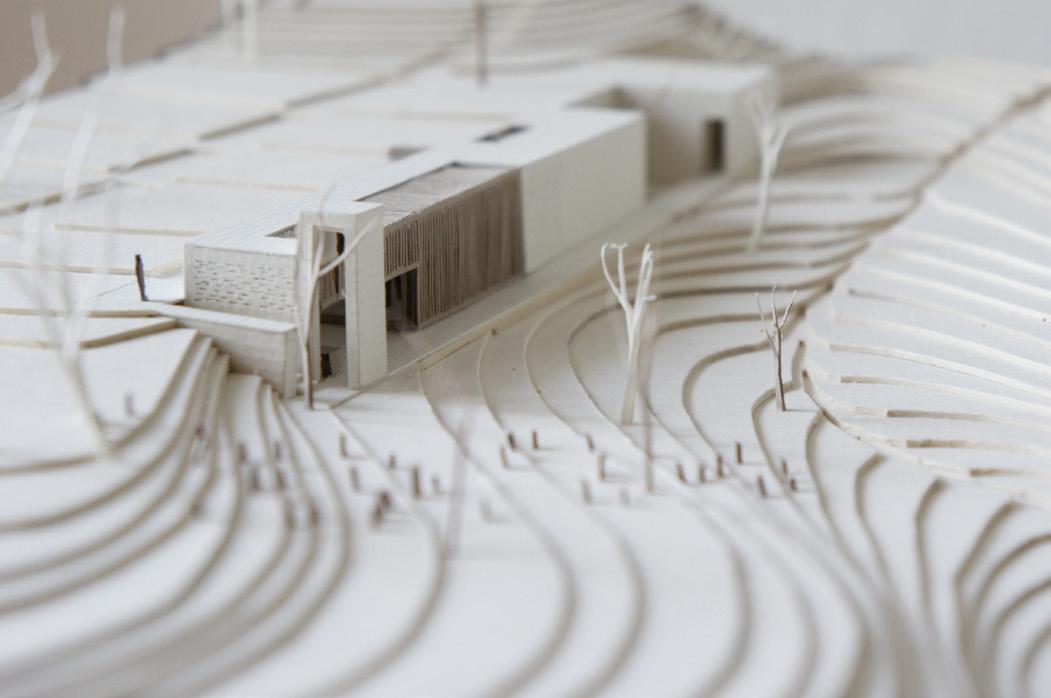
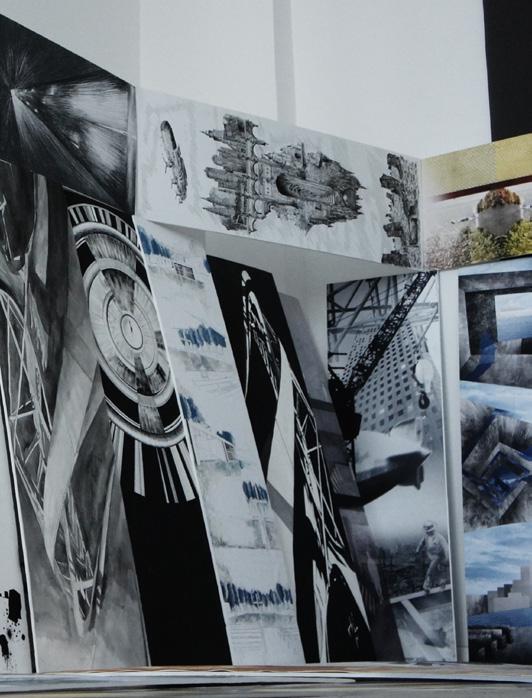
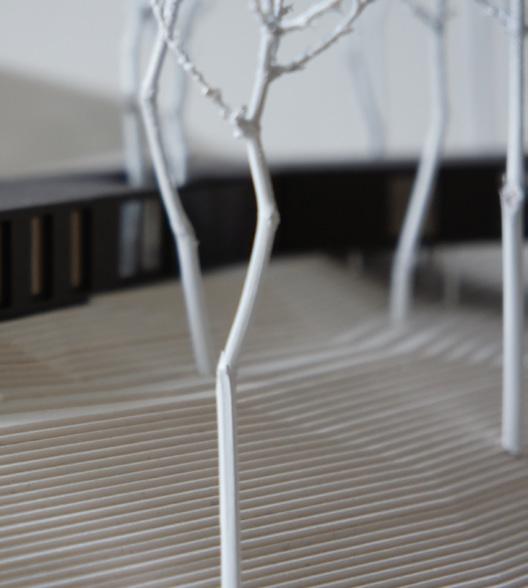
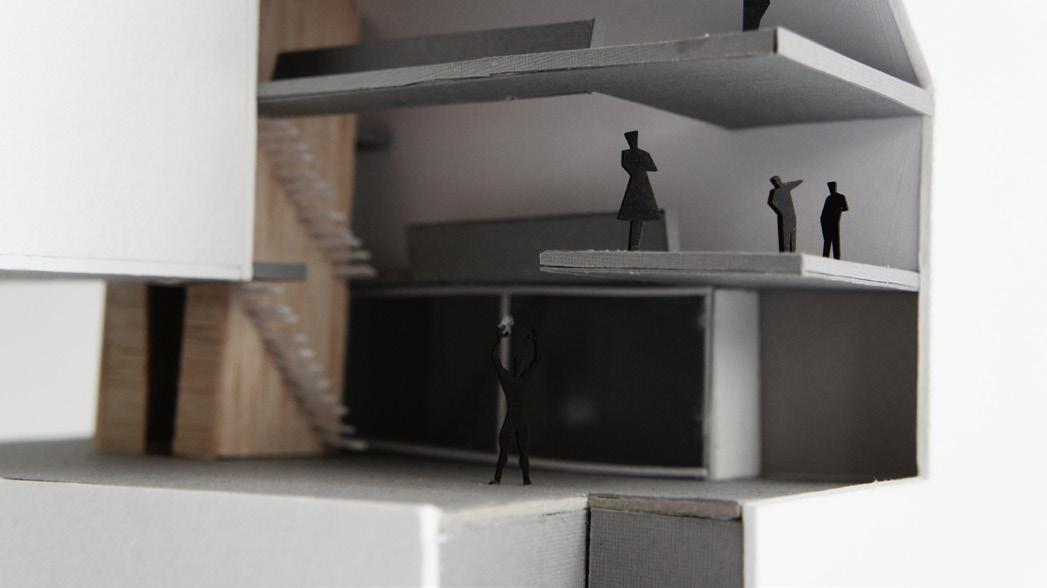
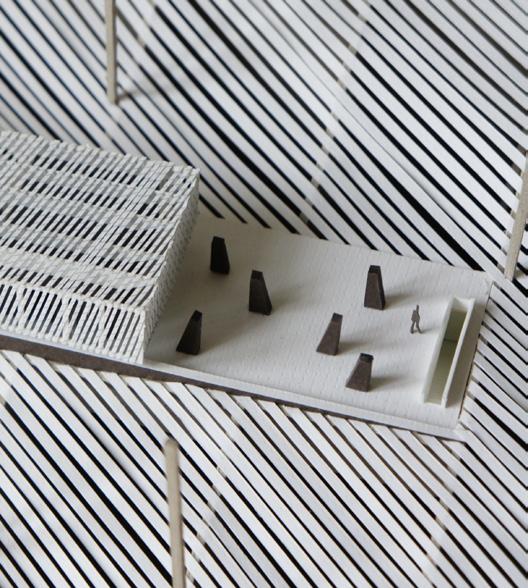
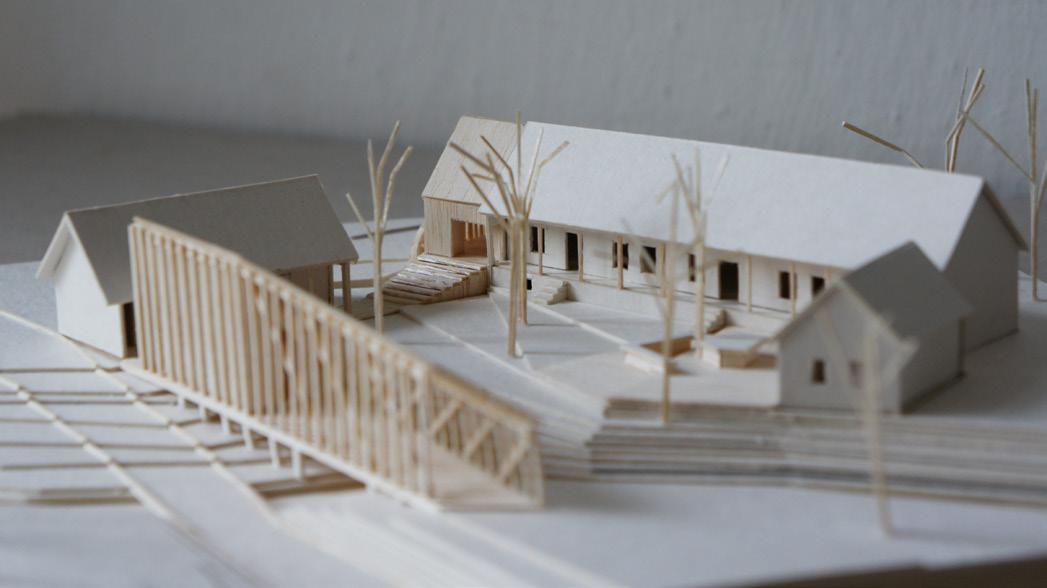

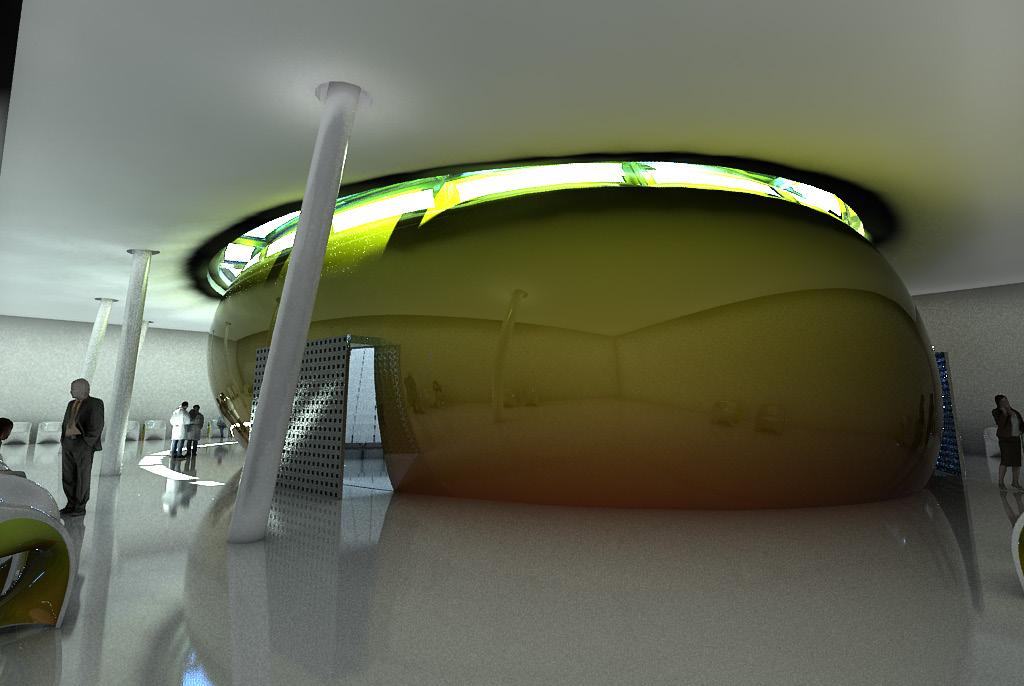
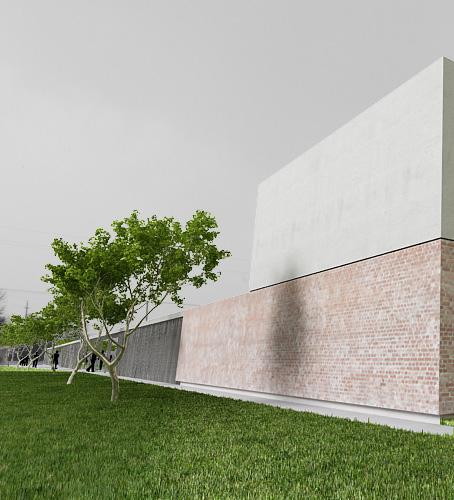
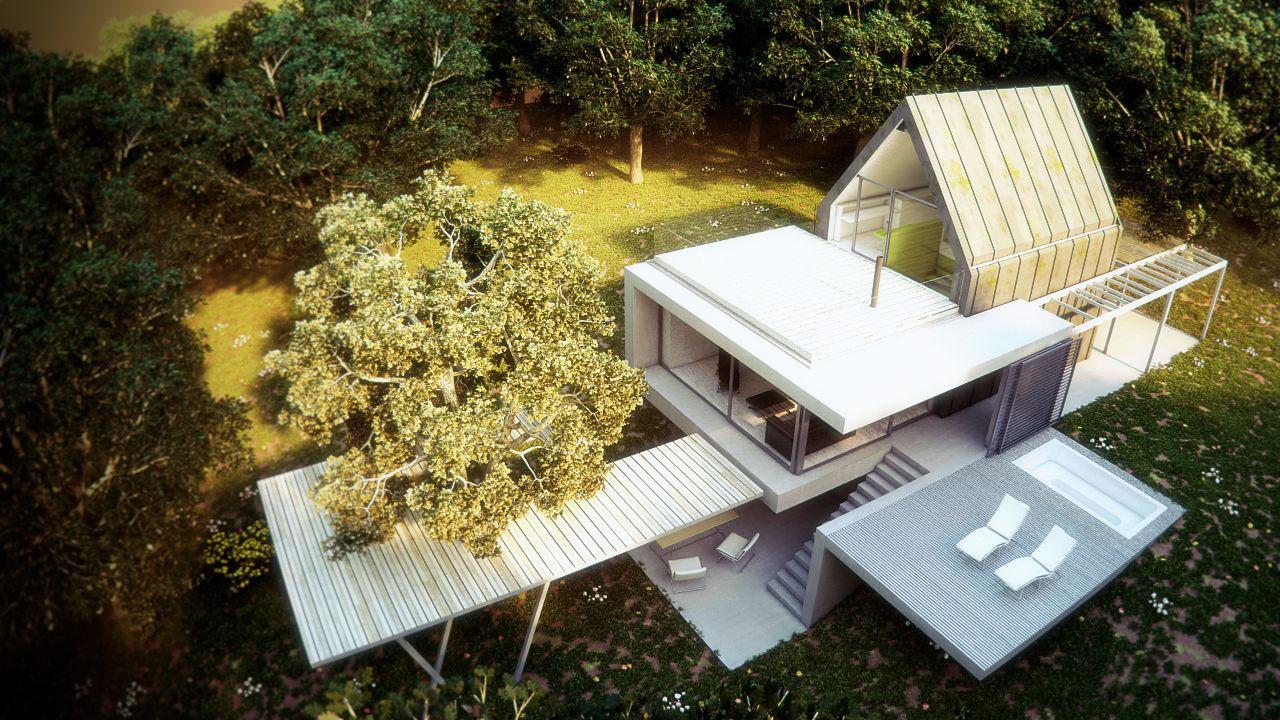
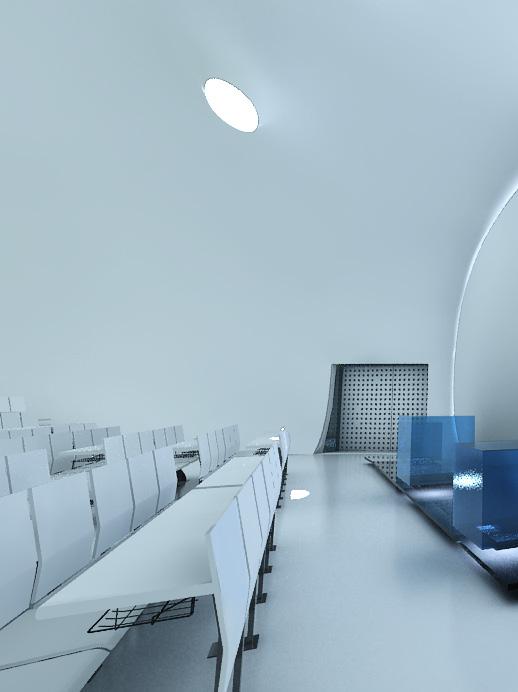
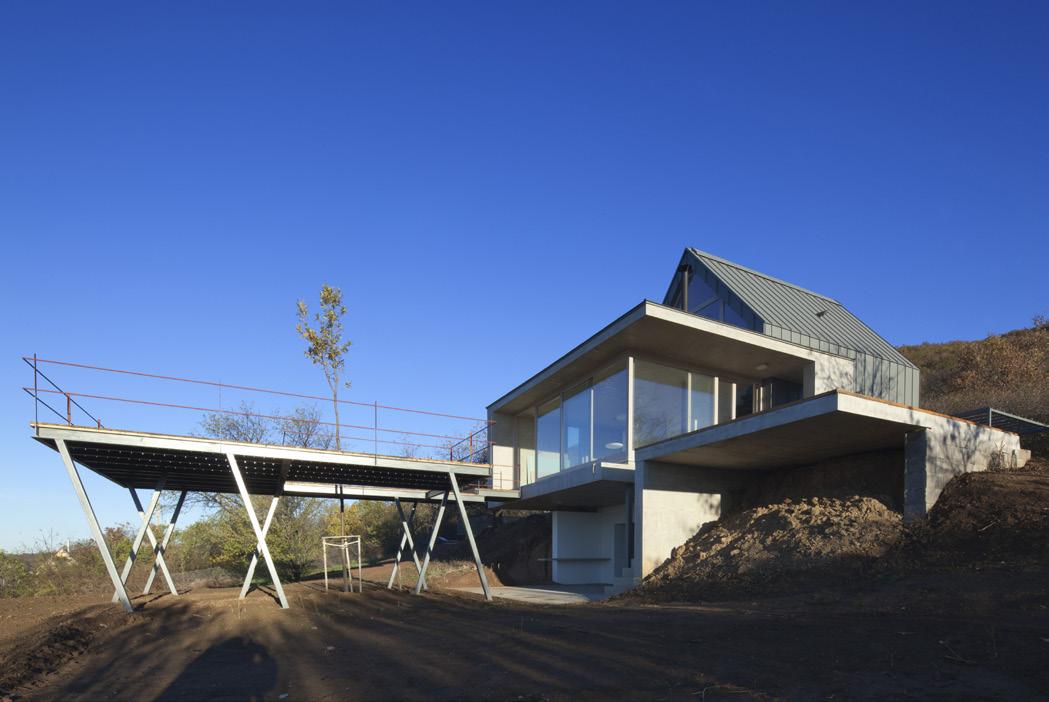
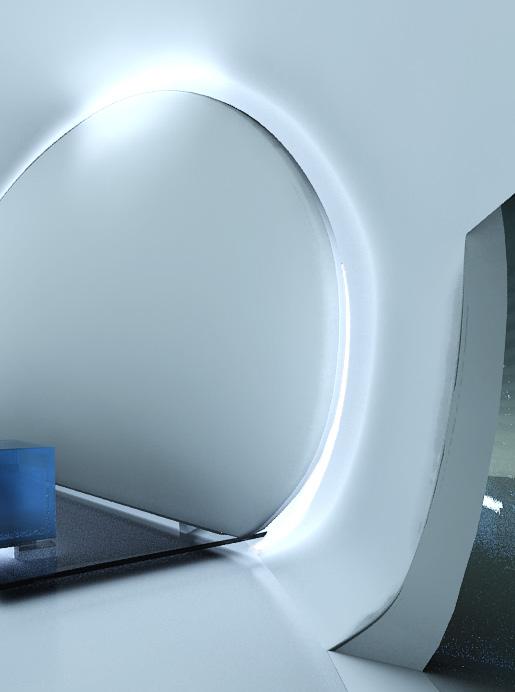
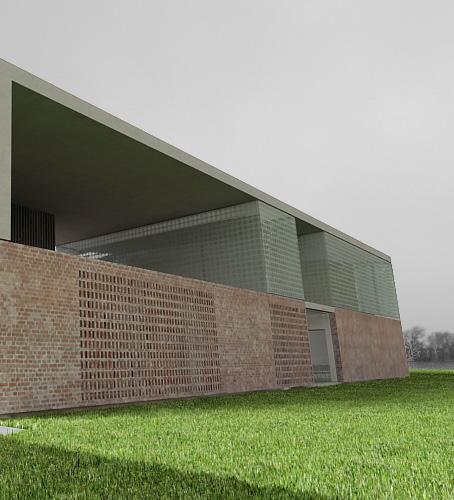
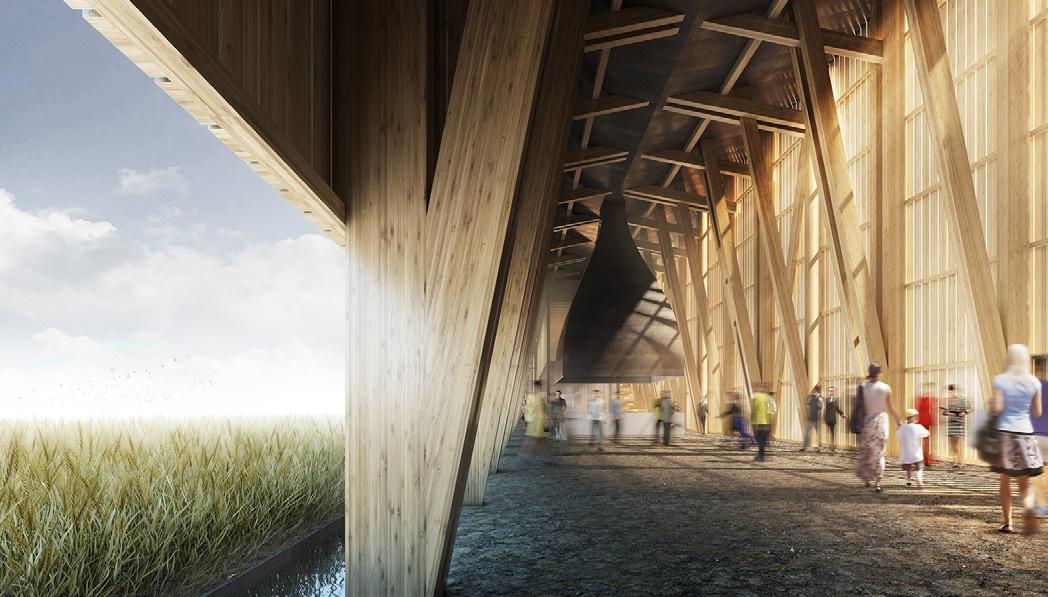
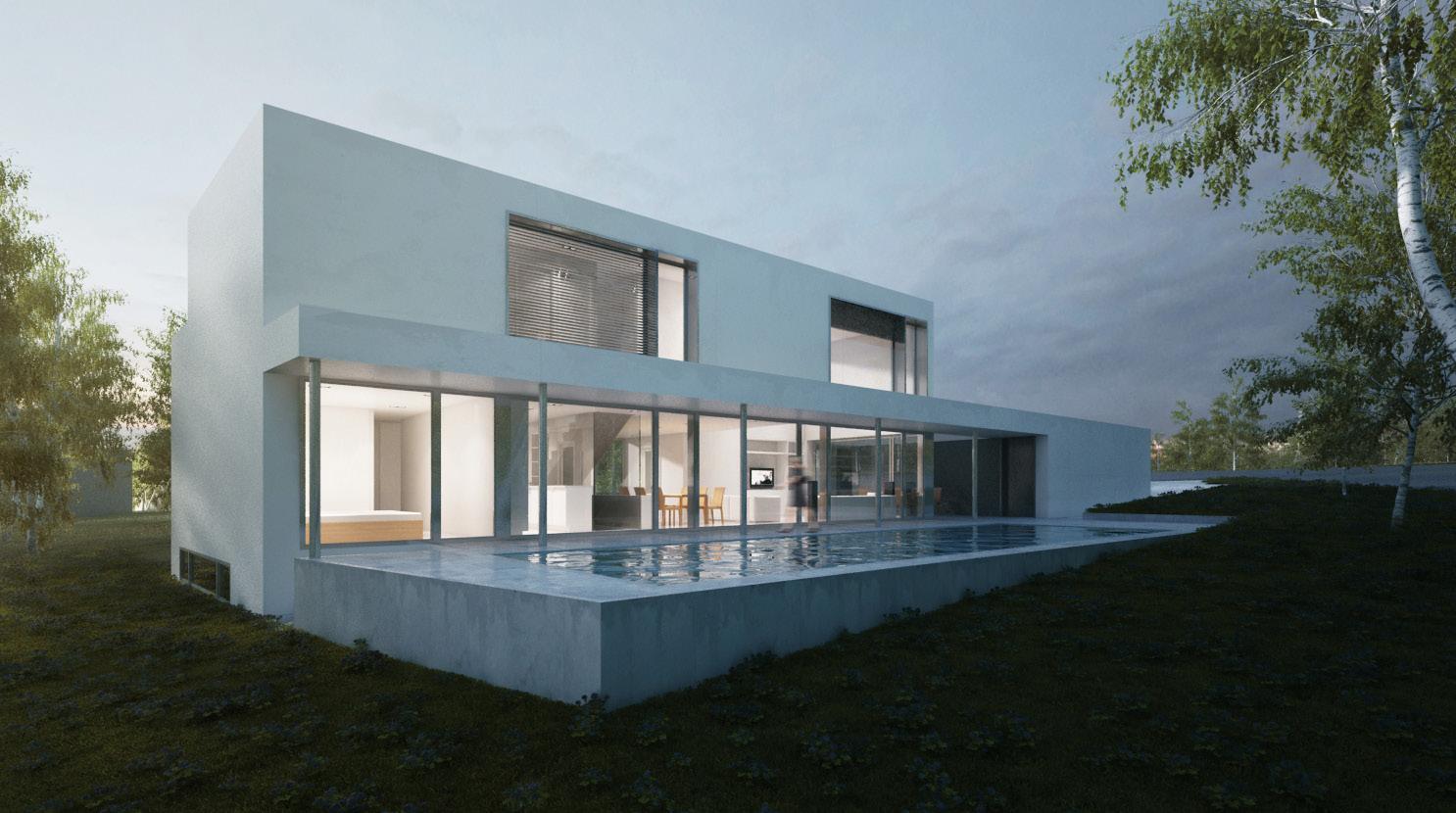
 Residential Building in Kővágószőlős, Hungary Ágnes Borsos and Prof. Dr. Zoltán Bachman Institute of Architecture PTE MIK
Expo Milan Hungarian Pavilon 2015 – first prize winner Dr. Ákos Hutter, PTE and Dr.Tamás Getto Institute of Architecture PTE MIK
Residential Building in Kővágószőlős, Hungary Ágnes Borsos and Prof. Dr. Zoltán Bachman Institute of Architecture PTE MIK
Expo Milan Hungarian Pavilon 2015 – first prize winner Dr. Ákos Hutter, PTE and Dr.Tamás Getto Institute of Architecture PTE MIK


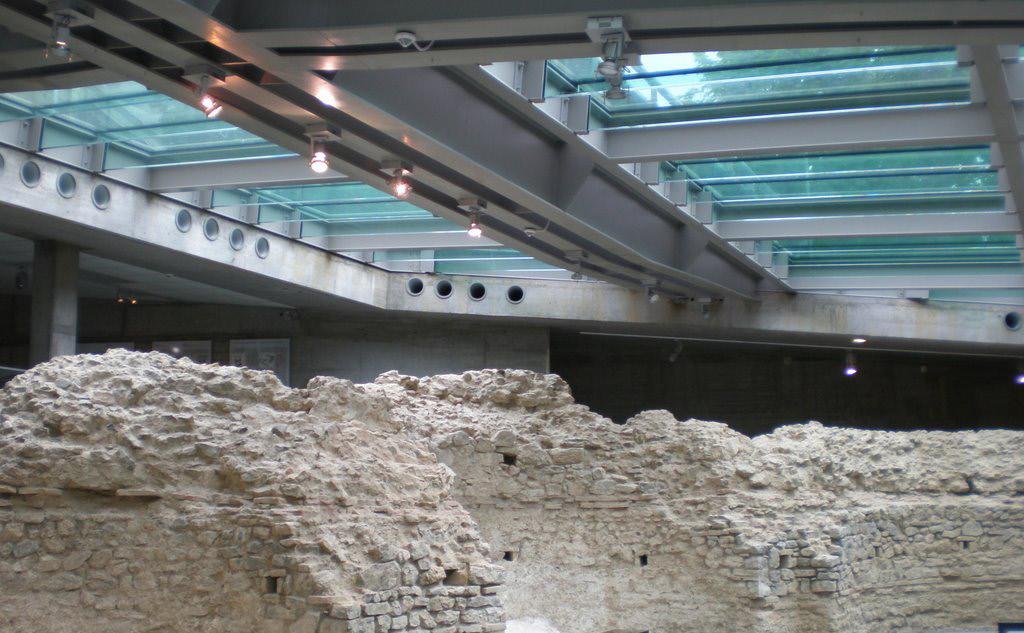 Early Christian Necropolis of Sopianae, Pécs, Hungary
Dr Zoltán Bachman, Dr György Stocker, BME, Dr Krisztián Kovács-Andor, Dr Adrienn Emresz, BKF Dr Gabriella Medvegy, Dr Horváth Magdolna, Institute of Architecture PTE MIK, Dr Schrancz Mihály, BME
Early Christian Necropolis of Sopianae, Pécs, Hungary
Dr Zoltán Bachman, Dr György Stocker, BME, Dr Krisztián Kovács-Andor, Dr Adrienn Emresz, BKF Dr Gabriella Medvegy, Dr Horváth Magdolna, Institute of Architecture PTE MIK, Dr Schrancz Mihály, BME
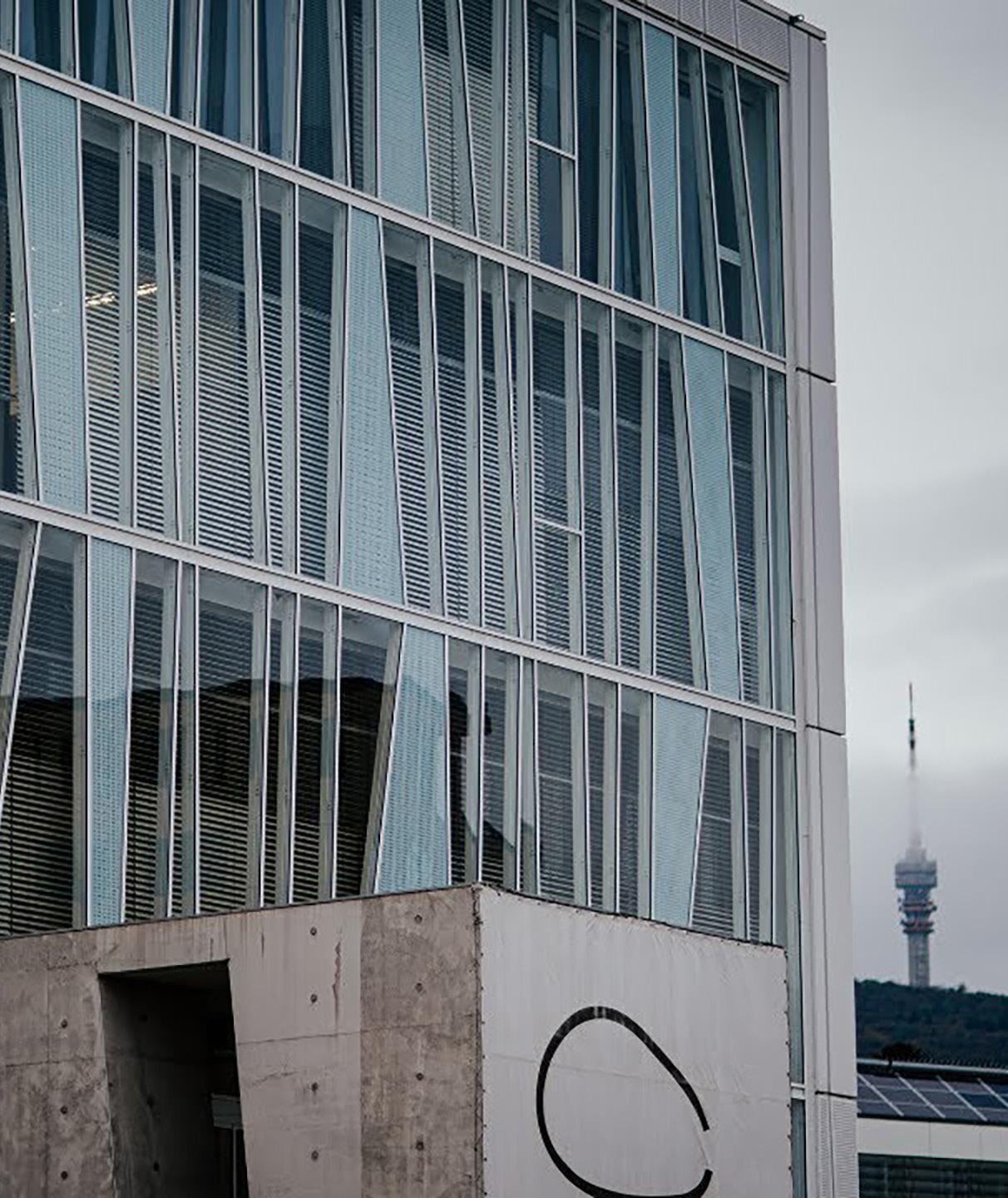 Szentágothai János Research Center, PTE, Pécs, Hungary Dr Bálint Bachamann, Dr Zoltán Bachman, Dr Hutter Ákos, Dr Rohoska Csaba, Dr István Kistelegdi, Dr Borsos Ágnes, Dr Molnár Tamás, Dr Szösz Klaudia, Institute of Architecture PTE MIK Dr Schrancz Mihály, BME
Szentágothai János Research Center, PTE, Pécs, Hungary Dr Bálint Bachamann, Dr Zoltán Bachman, Dr Hutter Ákos, Dr Rohoska Csaba, Dr István Kistelegdi, Dr Borsos Ágnes, Dr Molnár Tamás, Dr Szösz Klaudia, Institute of Architecture PTE MIK Dr Schrancz Mihály, BME
To be eligible for university studies, you must demonstrate that you meet the requirements for the programme. First, you need to find a study programme and check the necessary entry requirements.
Undergraduate (BSc programmes): To be offered a place in a bachelor’s (first cycle or undergraduate) programme, you must have successfully completed your secondary (high school) education and be able to demonstrate the minimum language requirements.
Graduate (MSc programmes): In order to be offered a place in a master’s (second cycle or graduate) programme, you must have been awarded a bachelor’s degree by an internationally recognized university and be able to demonstrate the minimum language requirements.
PhD / DLA programmes: In order to be offered a place in a PhD programme, you must have been awarded a master’s degree by an internationally recognized university and be able to demonstrate the minimum language requirements.

The educational institution usually sets a minimum quali fication requirement for admission. In addition, there are entry requirements that are speci fic to the course the student is applying for.
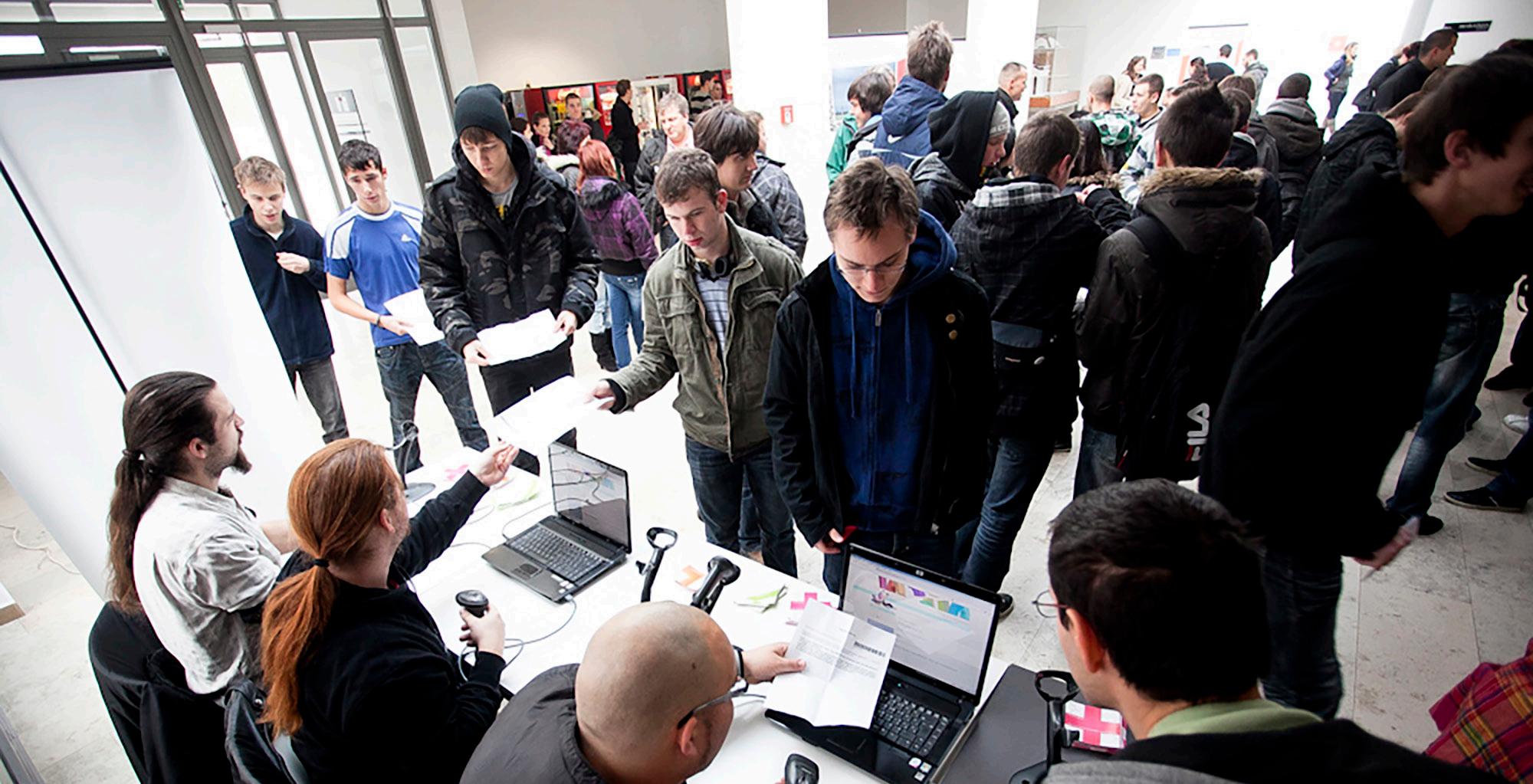
this section, you can fi nd an overview of the
process with speci
c information for each step along the way.
Register on the online application site of the University of Pécs
Submit the following documents:
Passport sized photo
Copy of the photo-page(s) of your passport
High School Diploma
of Records

Medical Certi ficate
Curriculum Vitae in English
Letter
letters, more documentation
PhD/DLA program: Research plan
the application fee and send the con firmation of
to architecture@mik.pte.hu email address
Admission Committee evaluates your submitted
for online interview
the online interview, the Admission Committee
you the offer of admission within a week if you meet the entry requirements.
the tuition fee and send the con firmation of transaction to architecture@mik.pte.hu email address
–
receiving the tuition fee, a Letter of Admission will
sent out which allows you to start the visa process
Process
An Orientation Day is organised at the beginning of each academic year for first year students to help them with the enrolment procedure, registration, course selection, and provide them with information about library resources, mobile phone service providers and procedures like obtaining a residence permit and opening a bank account.
We also offer language courses embedded in the course programmes. The Centre for Foreign Languages for Technical Purposes offers English for Architecture, English for Written Technical Communication and English for Spoken Technical Communication. It is also possible to learn Basic Hungarian, German and Spanish. These courses are available free of charge to our enrolled students.
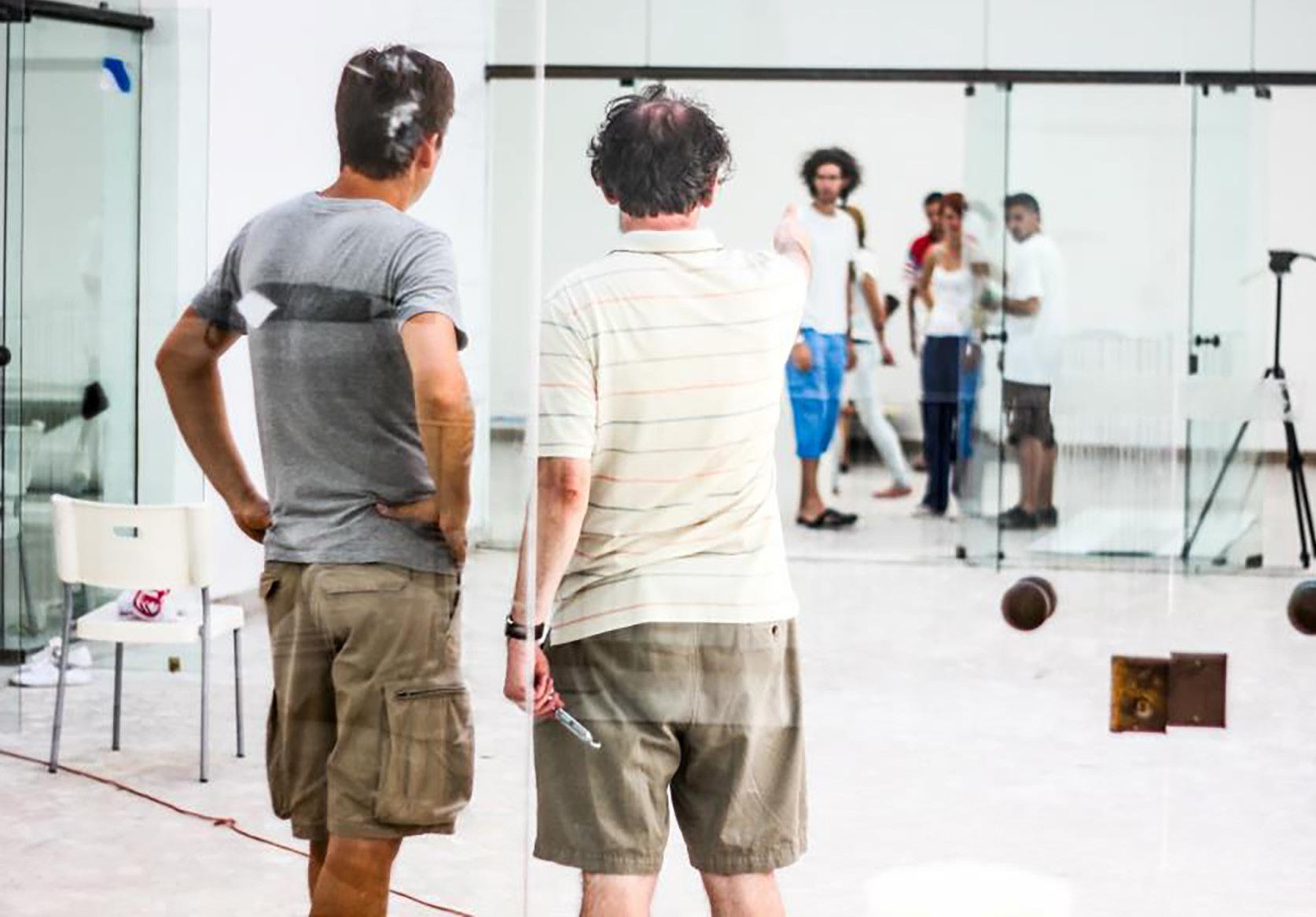
Students have the possibility to take part in Erasmus+ mobility programmes and study at our international partner institutions as exchange students for one or two semesters.
Every enrolled student is required to have an online account to use the Neptun Educational System. With the help of this system students can organise their studies, exams, elective courses, timetables, contact lecturers and fellow students. The account will automatically be activated after registration.

The academic year is divided into two semesters: the fall semester (September 1 - January 30) and the spring semester (February 1 - June 30). Lectures are held during the first part of each semester (study period is 15 weeks), and there are exams in the second part of each semester (exam period is 5 weeks with term papers, spoken reports and exams). Internships and workshops are scheduled during the third part of the semester.
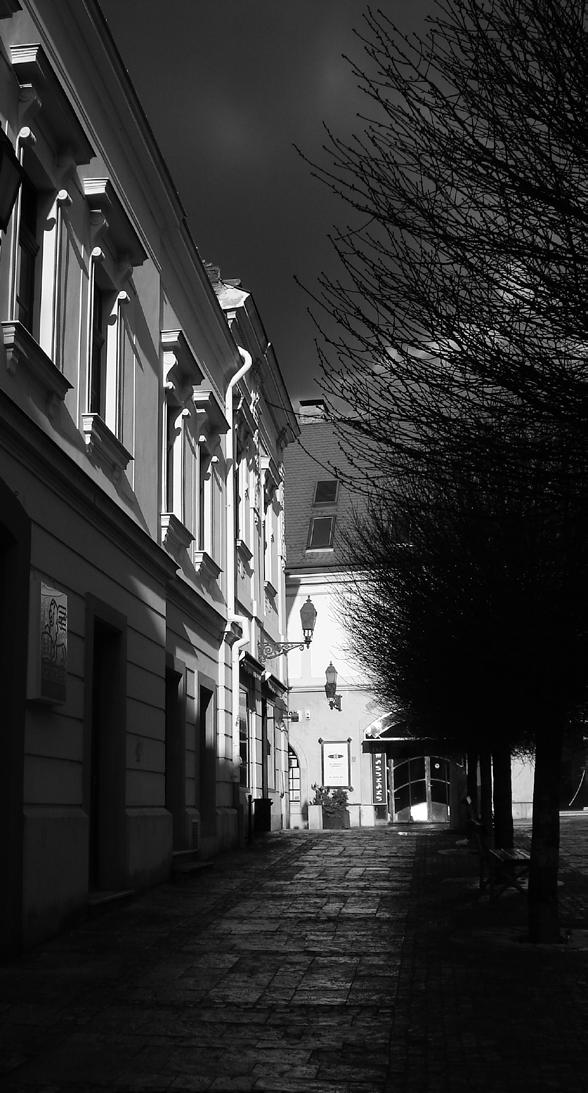
» Secretariat of the Institute of Architecture: https://english.mik.pte.hu/organization-structure/institute-of-architecture
» Marcel Breuer Doctoral School of Architecture: www.breuer.mik.pte.hu/en/
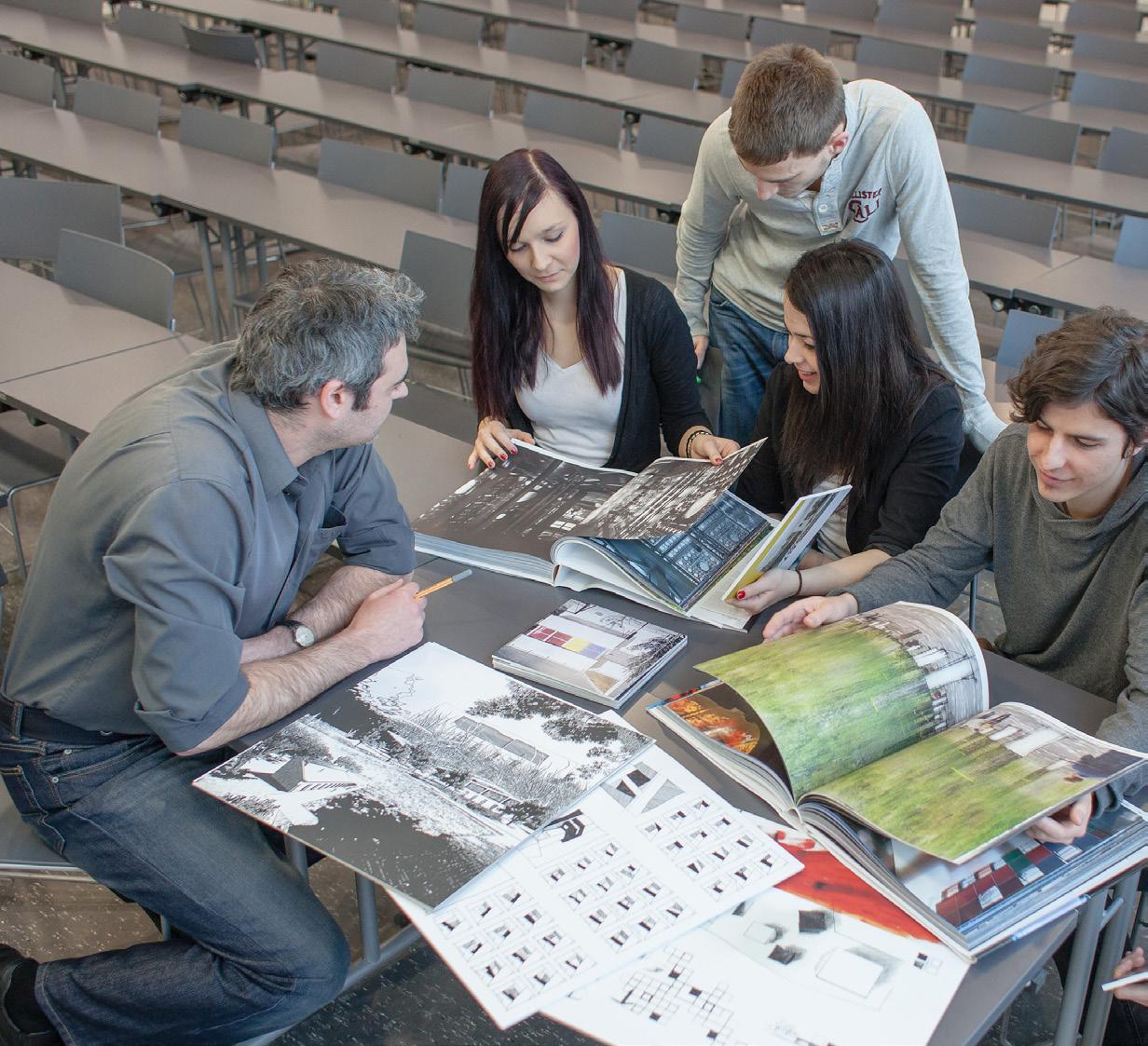
We help you in giving information about our study programmes, providing help in / throughout the application process, offering scholarship possibilities (Erasmus+ programme, Stipendium Hungaricum, Campus Mundi etc.), giving assistance in non-educational matters (immigration, visa application, health insurance etc.)
We help you in: Student registration, Verification, Enrolment and transfer credential, Eligibility for admission, Academic status, Issuance of official Transcript of Records and Diploma, Temporary Transcript of Records, Certification of enrolment / attendance, Completion-, dropping-, and application forms for academic records, Authentication of academic records
» Website of the Faculty: https://english.mik.pte.hu/
www.facebook.com/engineeringstudiespecs/
@engineeringstudiespecs
» Email: architecture@mik.pte.hu
Exchange and International students are provided with a student ID card which gives them the same bene fi ts as Hungarian students e.g. discounts on all public transport, entrance tickets for museums and galleries, Youth Hostel accommodation and library membership, and sport facilities usage free of charge.
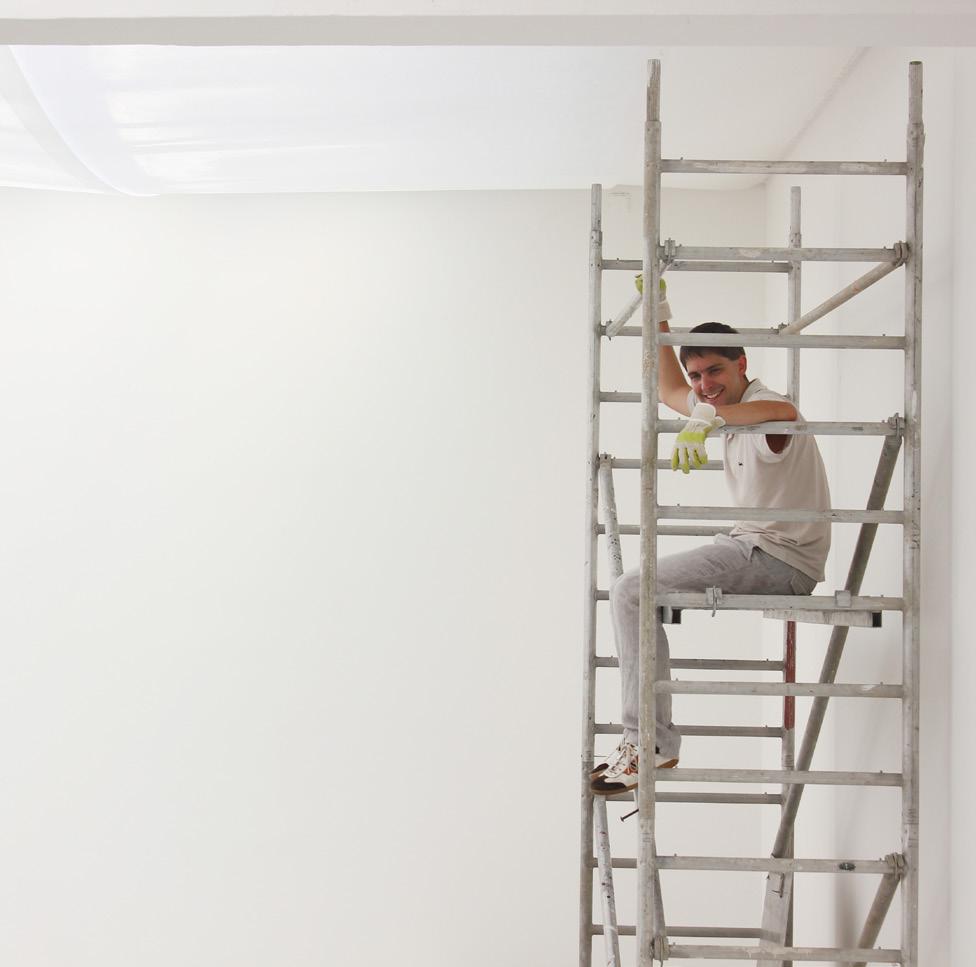

Discounts with the Hungarian student card
50% discount when buying monthly pass for public transport (diákbérlet).
50% discount on travelling by train.
50% discount on travelling by bus. 50% discount on membership fee in public libraries. 50-100% discount at various museums and art galleries.
Boszorkány dormitory – H-7624 Pécs, Boszorkány u. 2. – is located next to the Faculty of Engineering and Information Technology in a green area. The city centre is easily accessible from the dormitory. It has recently been renovated, the rooms are nicely furnished and contain their own bathrooms. Bedclothes are supplied.
The student counselling service provides support for overcoming difficulties in everyday student life and can give assistance to acquire harmony, balance and a sense of well-being.
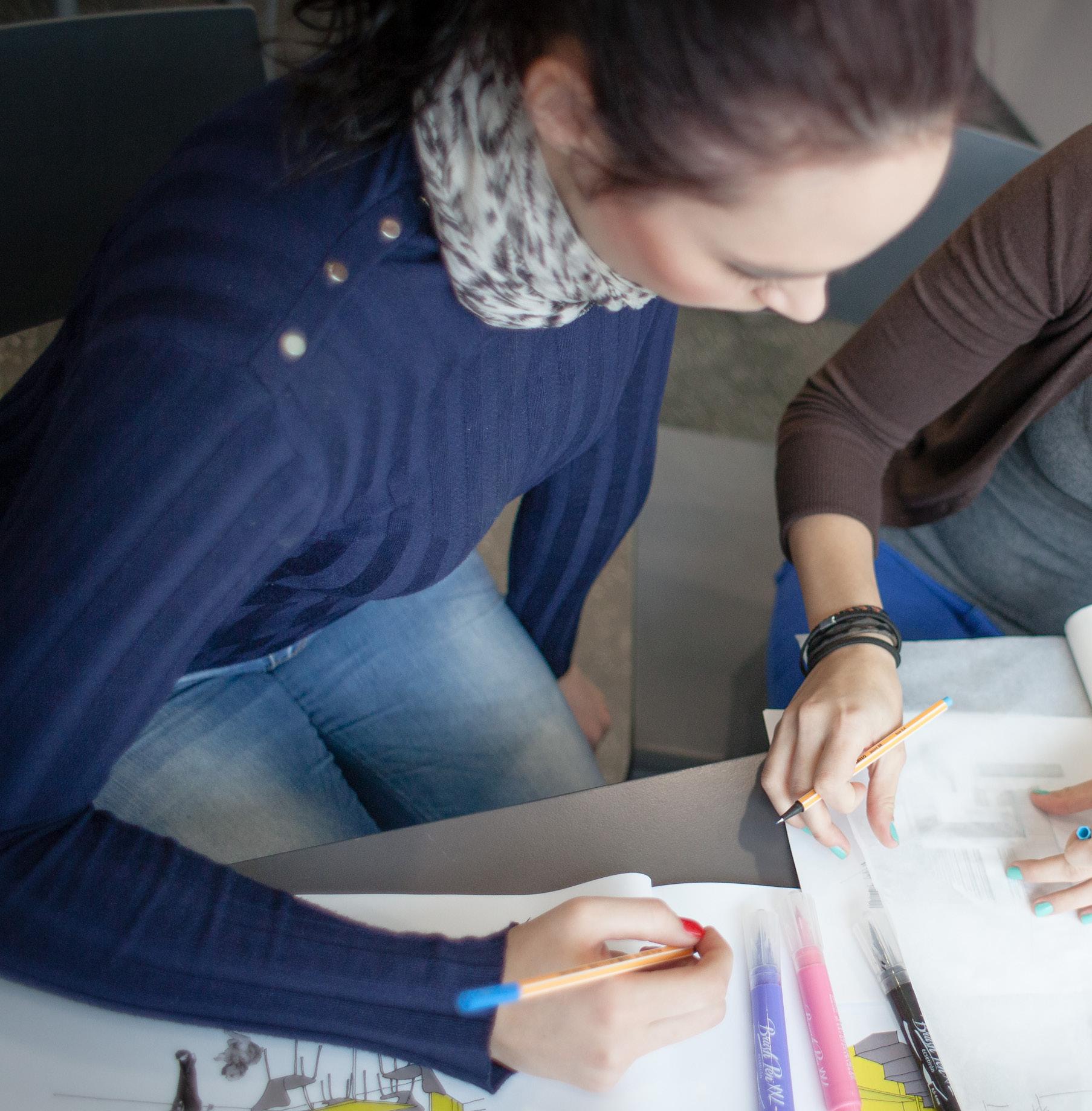
The aim of the Support Service is to help those university citizens who have special needs, to develop and facilitate their independent living, primarily by facilitating access to out-of-home (public) services, in particular educational services.
The CLAC (Campus Legal Aid Clinic) was launched in 2015 to broaden the academic knowledge of law students while at the same time providing professional and supervised legal advice to students of PTE.
The Dancing University was founded at the University of Pécs in 2000. Its main aim is to create an extraordinary leisure-time activity of high quality, which is unique in Hungarian higher education. It is exercise and entertainment at the same time, the courses can be taken as sports classes or for credits and it also serves as a form of interaction for students and employees of the different faculties.
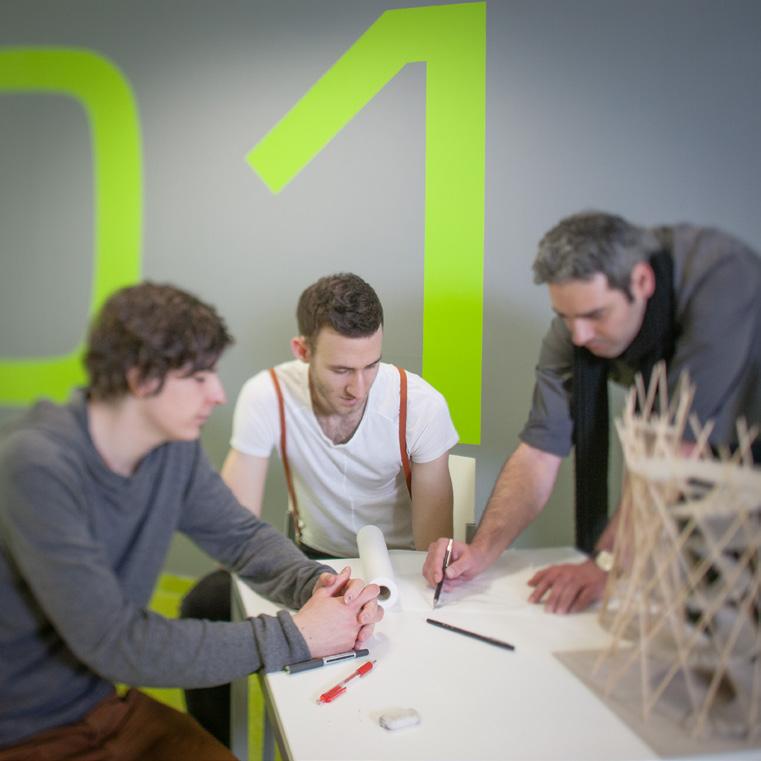

Sporting life at the University is coordinated by the TTK Sport Centre University of Pécs, which offers a wide range of sporting opportunities to both students and staff. The centre organises various programmes that are appealing and accessible to everybody, irrespective of age, faculty or past training, which is a wonderful opportunity for recreation and regeneration.
You can apply for various courses at the beginning of each semester on the NEPTUN Educational System (with the exception of the Dancing University). Since these courses are compulsory for Hungarian students, tutors take attendance seriously, so you are also kindly advised to attend courses regularly. You should bring clothes and shoes that are characteristic for the sport you have chosen. All the necessary equipment (racquets, tennis balls, etc.) will be available on the spot.
Faculty of Engineering and Information Technology, University of Pécs 7624 Pécs, Boszorkány street 2 https://english.mik.pte.hu/
Chief Editor:
Prof. Dr. Gabriella MEDVEGY, dean
Editor: Dr. Donát RÉTFALVI
Translater: Marcus JUBY
Photos: photo archives of PTE MIK
Graphic design: Márk PINCZEHELYI
